Any car enthusiast is excused if they’ve never heard of Chongqing. Populated by 30 million people, this city in the centre of China is 1100 miles south-west of the capital, Beijing, yet it can easily claim to be China’s motor city as it's home to 30 car factories. There’s enough capacity 
to produce three million cars a year, about 12% of China’s total car output. For context, the output from this one city outstrips the UK’s production record (two million, set in 1972).
Much of Chongqing’s automotive focus is Changan, a state-owned enterprise that has built cars since 1959, starting with a military truck modelled on the World War II US Jeep. Today, its range has expanded to 17 Changan-badged models, including an electric vehicle, and output is around one million a year from seven assembly plants and one engine factory. But Changan also has joint ventures with Ford, Peugeot and Suzuki, taking annual output to three million.
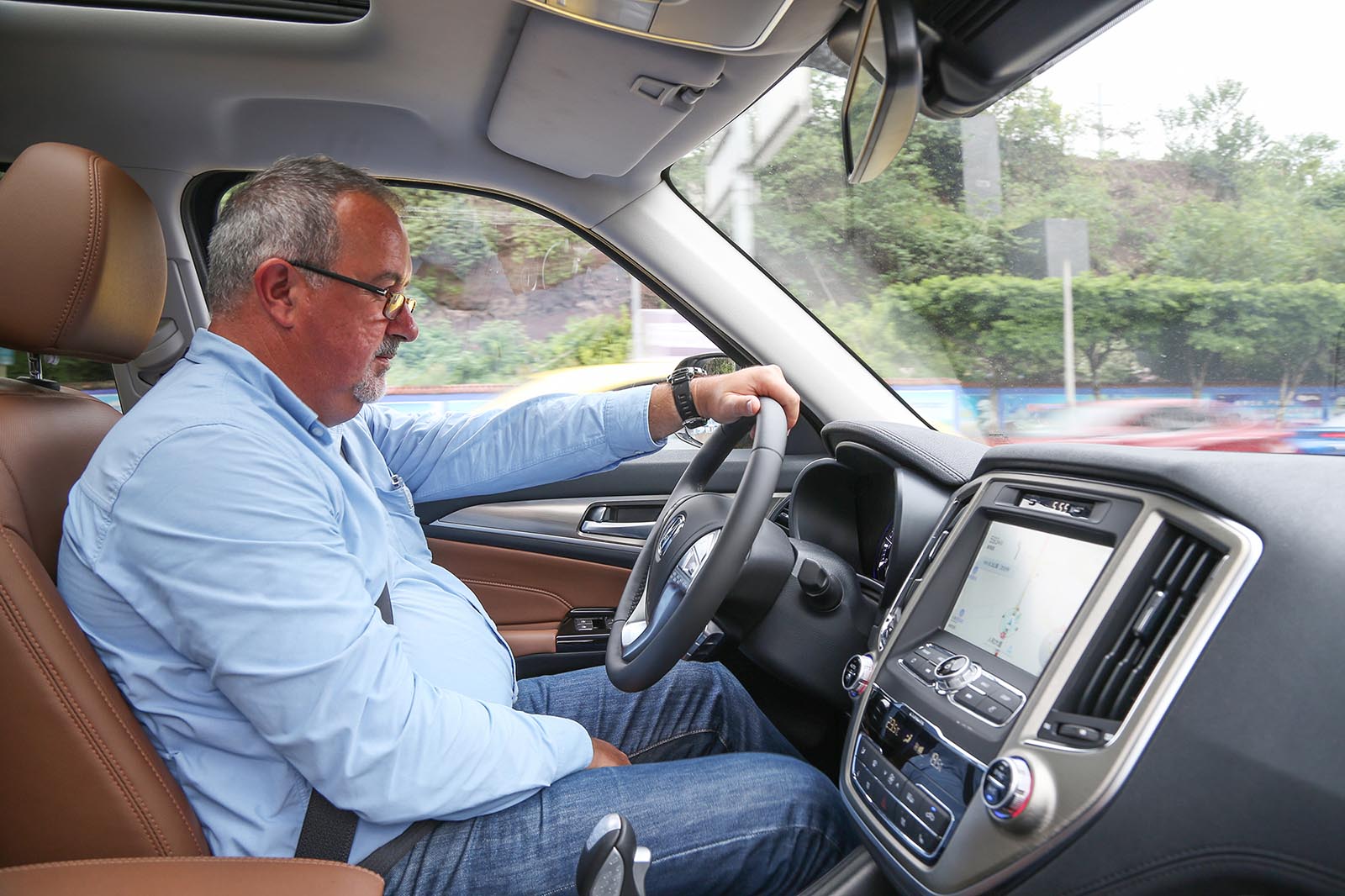
Recently, Changan has benefited from huge investment; its factory in Liangjiang, outside Chongqing, the centrepiece of an industrial ‘cluster’ has been boosted by a colossal £60 billion of investment. The clearest evidence of this investment are Changan’s two newest models, which are both high-riding SUVs: the five-seat CS55 on sale in China since July and the seven-seat CS95 from November last year.
Both have been engineered in China but with considerable input from engineering and design centres in the UK, the US and Italy. Changan is much more than a local enterprise, even if today its cars are largely focused on the domestic market.
“We have really put everything we know into the two new SUVs,” says Gordon Cook, Changan’s head of vehicle integration, “and we’ve really got the cars working well.”

Previously, the Briton was involved in honing the handling of Ford Europe’s range up to the previous generation of the Fiesta, before moving to Changan’s Ford joint venture and then to the parent firm.
There’s a significant Ford theme running through Changan. Head of safety Hui Zhao, an American-Chinese, used to work at Ford’s Dearborn safety centre.
Today, staffers such as Cook are implementing Ford doctrines on ride and handling, and the benefits can be felt in the road manners of the two SUVs, which bear comparison with better-known models.
But it’s still a mystery whether Changan will launch its models in the UK. We asked sales and marketing boss Yang Jie and he batted the question away with a smile 
and offered answers that were less than illuminating. Despite his promises to fill in the detail later, the information was never clearly communicated.

His clearest answer was this: “Britain and Europe are where we want to go, but we are concentrating on the domestic market. We have a target to be number one in China and then we will go to Europe.”
Another source suggested the US is the first target market, with a launch date of 2025 pencilled in and Europe following in 2028. But given the pace of development at Changan and its incredibly short, four-year model cycles, this feels a lazy timeline for a company developing at such a pace. Given the strong level of technical competence exhibited by the CS55 and CS95 now, it feels more sensible that the next-generation models after 2021 could be engineered ready for either the US or Europe.
Changan managers and engineers are well aware that its powertrain strategy won’t get it very far in Europe, being held back by a lack of diesel engines. The two-tonne CS95 SUV, for example, is powered by a turbocharged 2.0-litre petrol unit understood to average around 30mpg in Chinese driving conditions. Trying to sell this model against rivals with 40-50mpg diesels would be tough.
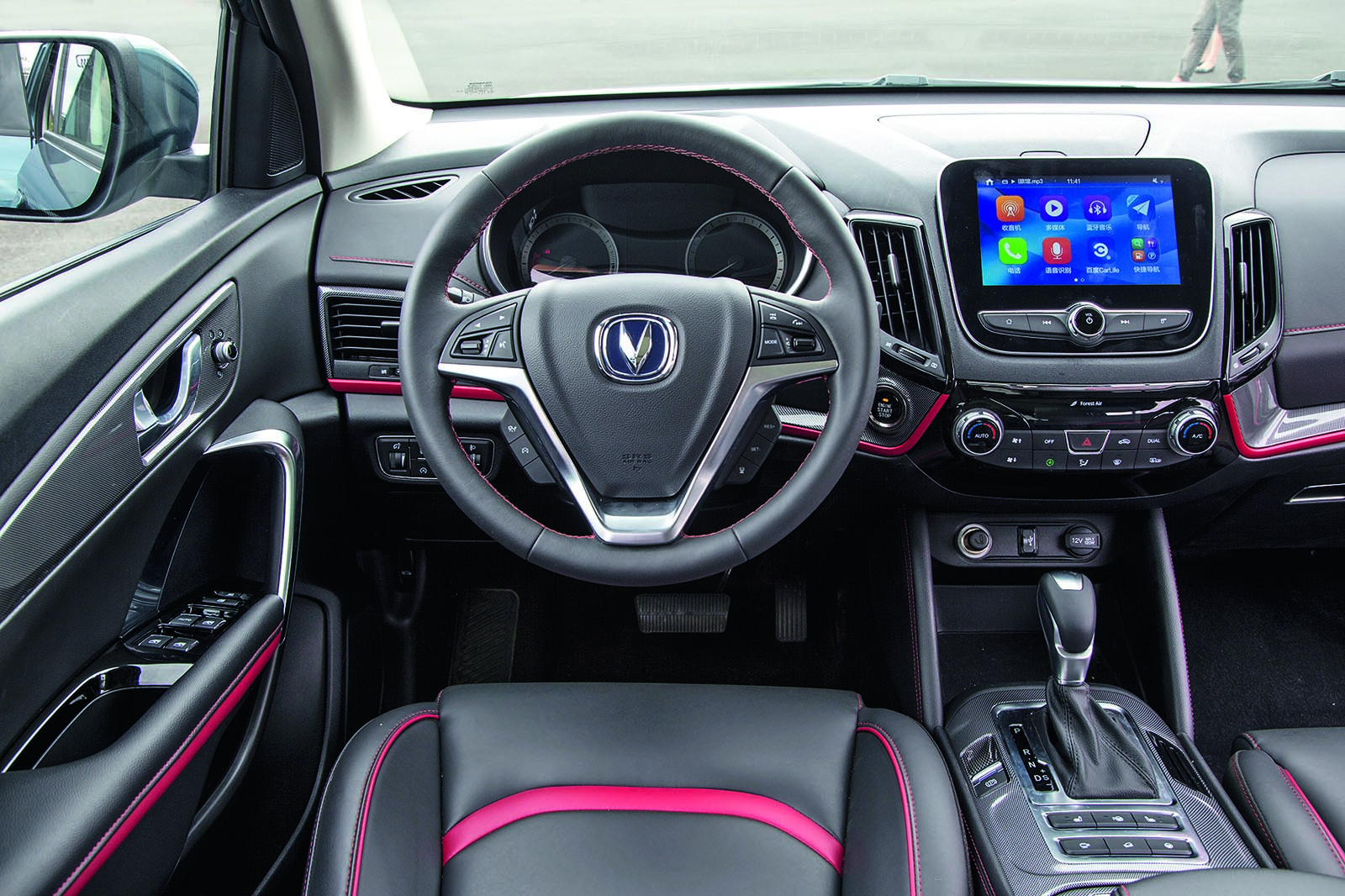
As far as we could discover, Changan has no plans to develop a new range of diesel engines. That’s unsurprising. Europe is the only global market where they sell in volume and the political shift against oil-burners makes that strategic move unappealing.
More likely for Europe is a new range of plug-in hybrid petrol engines currently in development. A 1.0-litre four-cylinder petrol hybrid will power smaller saloons and
 SUVs in the home market, but more applicable to the UK is a 1.5-litre petrol plug-in using the same Blue Core engine as in the CS55. There’s no word on whether these would be series or parallel hybrids, but the fact that they are plug-ins at least suggests they use the latest in lithium ion battery technology.
A tour of Changan’s crash safety centre revealed that work is already in progress on the impact safety of lithium ion battery packs in a full range of the three main global safety standards: Chinese, European and US. That’s a strong indication of Changan’s global ambitions. A compact battery electric saloon is already on sale in China.

If you put the hybrid and battery electric strategies together with increasingly competitive chassis engineering and interior and exterior design quality, it’s easy to imagine Changan being positioned to move into the UK market in the next three to five years – 2020 to 2022, much faster than unofficially indicated.
Of course, having the right models and powertrains is only part of an export push. A distribution plan needs to be formulated – either a conventional distributor/dealer organisation or a direct sales model.
Direct sales is the plan for Geely’s mid-market Lynk&Co, which arrived with a bang at the Shanghai motor show in April with a new compact crossover, badged 01, in the mould of Changan’s CS55. Geely’s proposals for a Volvo V60-based saloon, the 02, and an S40-based saloon, the 03, were also revealed, with European launch dates in 2018-2019. Geely is forecasting 20% of its global sales will be from Europe by 2020.
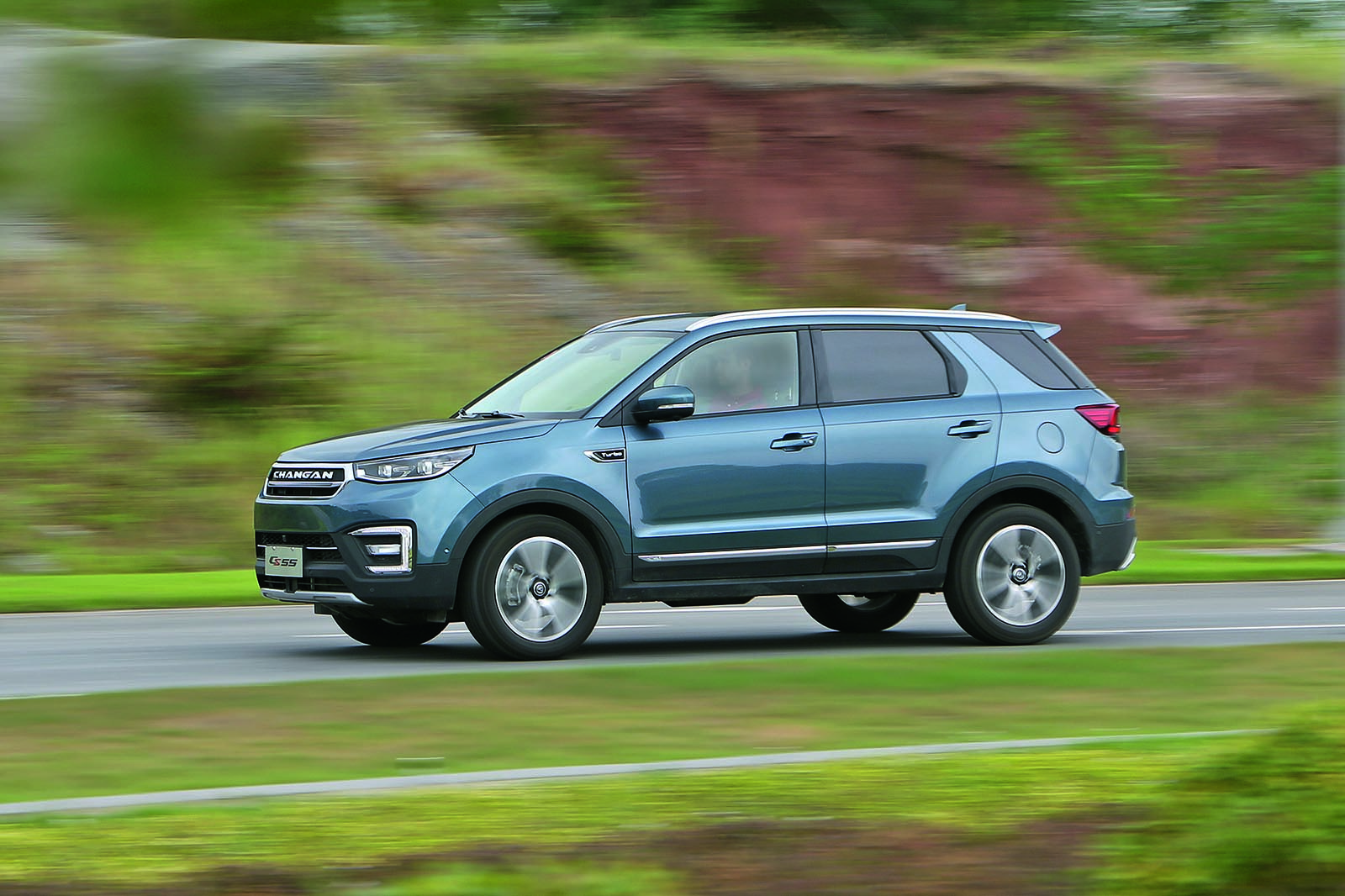
Right now, Changan won’t even discuss its thoughts and ideas for distribution in Europe, but our guess is that it is working on the project behind the scenes. Why else would Changan invest in an engine design centre in Birmingham or a styling studio in Turin?
Lynk&Co is going for no-haggle, direct sales without dealers. As well as offering close control over distribution, it enables a quicker set-up, with no complicated process of selecting and vetting potential dealers. The drawback, as demonstrated by the now defunct Daewoo, is having no regional mechanism to value trade-ins and offer service and warranty back-up. Geely and Lynk&Co have a big head start over Changan, having owned Volvo for seven years. That’s plenty of time to understand western markets and how to tackle Europe. Geely and Lynk&Co also have a core of highly experienced western engineers at director level to pull the design, engineering and marketing levers. In our meetings, Changan still seemed like a Chinese local-market company feeling its way slowly to the West with an unclear strategy.
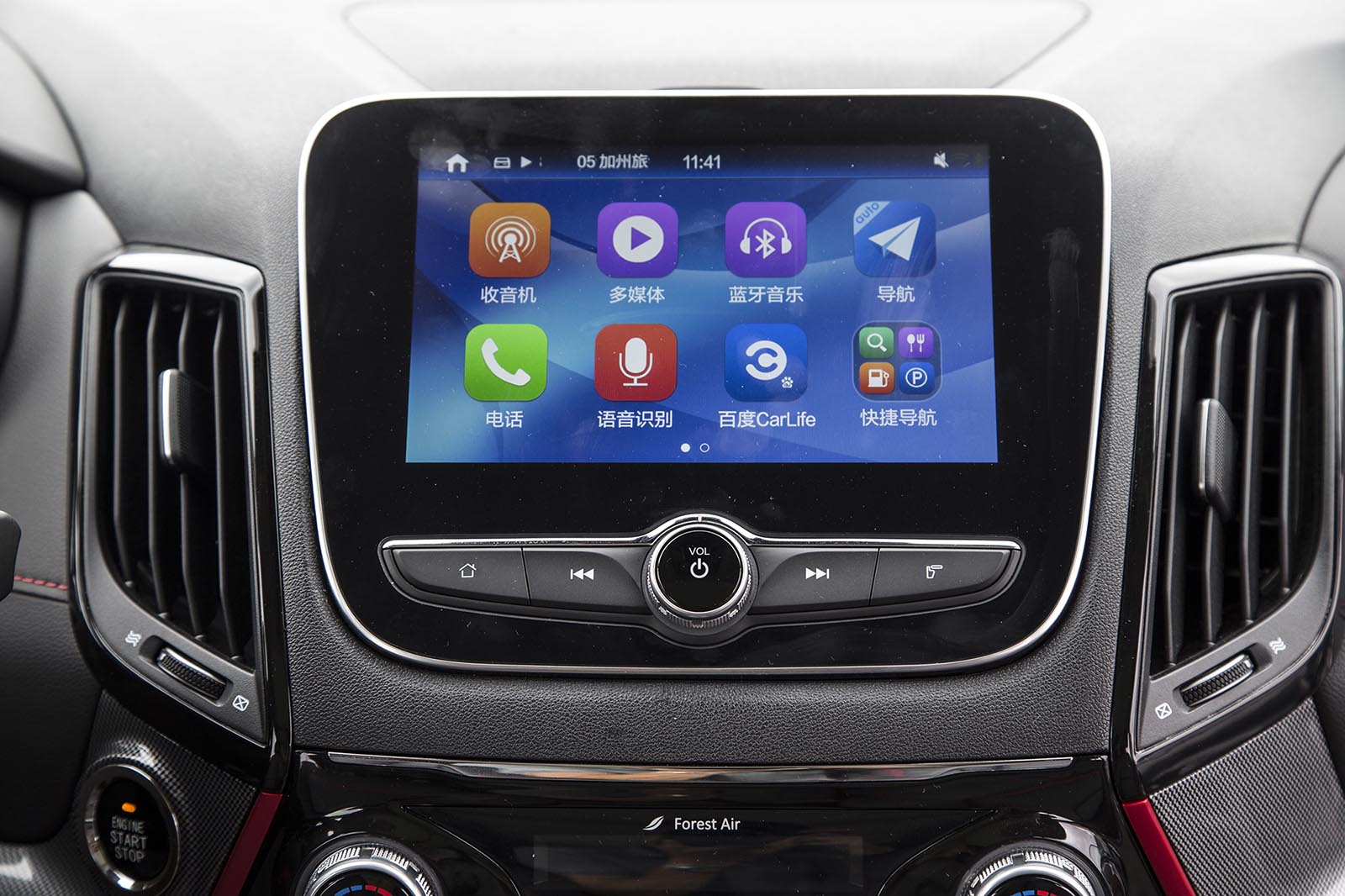
Geely is a privately owned company listed on the Hong Kong stock exchange rather than a state-owned company like Changan. It will be interesting to see how Changan’s statist culture will cope with the highly competitive, capitalist European market, where it can’t rely on direct government help.
Changan is highly successful at home, although it didn’t have a model in the 2016 Chinese top 10, which was dominated by SAIC, Trumpchi, Great Wall, Volkswagen and General Motors. Last year, the bestselling model was the Wuling Hong Guang, a seven-seat MPV, with 650,000 units sold. Wuling is in joint venture with GM.
Changan is well backed and ambitious, with an improving range of models, and the engineering of its cars is well advanced and the design of interiors astutely judged. But any push to European sales feels some way from commercial readiness. That’s not to say Changan couldn’t get a foothold in Europe right now, but it doesn’t seem to be confident in taking that risk just yet.
What are Changan's cars like to drive?
A tour around the Shanghai motor show in April was enough to convince you that China’s own-brand car makers have made phenomenal progress in the past decade.
Driving the latest products from Changan, the five-seat CS55 and seven-seat CS95, just confirms that impression in their all-important and likeable on-road behaviour.
In driving manners, rolling refinement and interior quality, these two models bear comparison with equivalents from Dacia, Ford, Kia and Skoda.
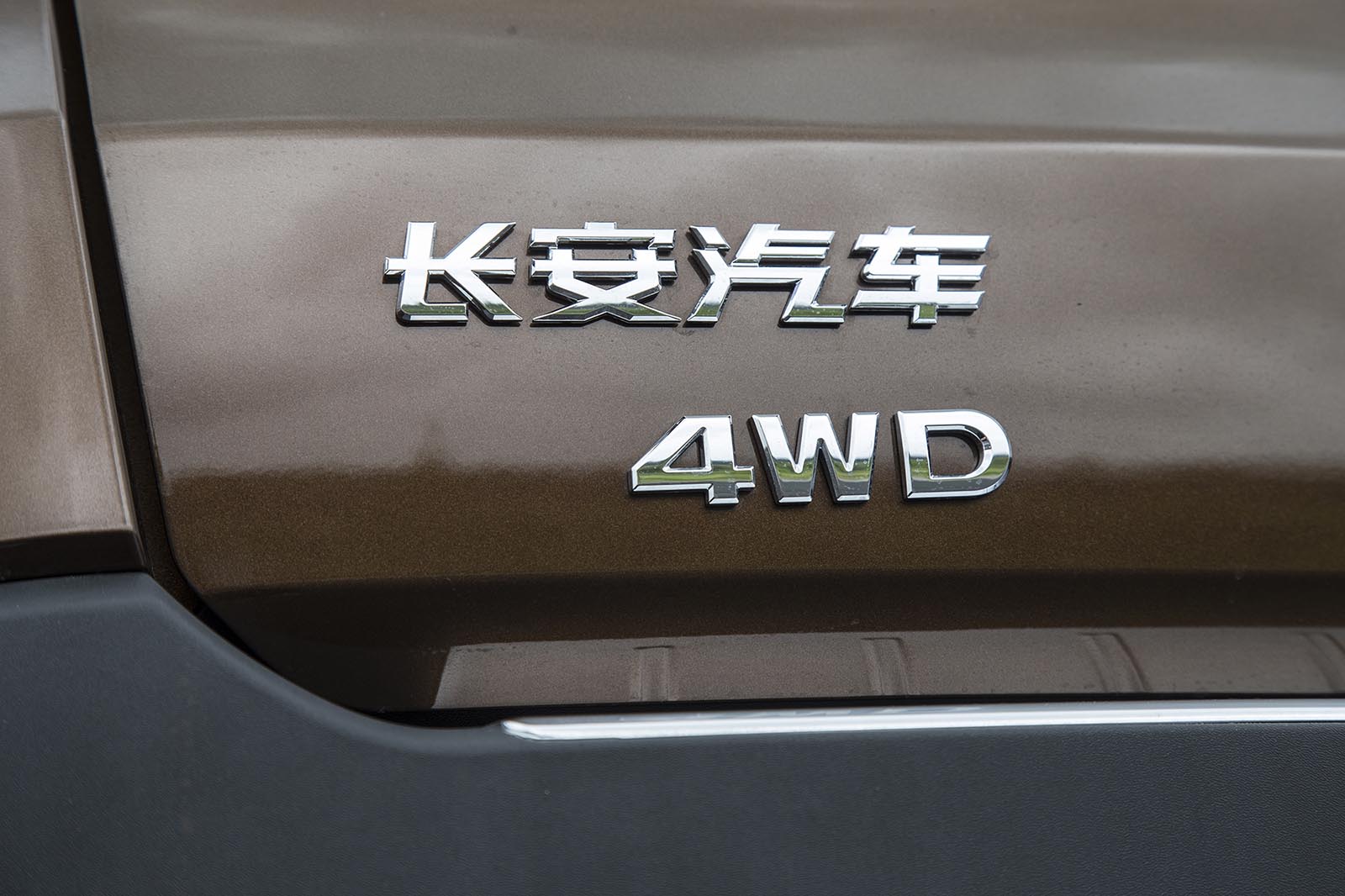
The involvement of UK chassis engineers has clearly had a big influence of the fluency of the steering, compliance of the chassis, consistent weighting of controls and smoothness of brakes. The CS95 feels very well isolated from road noise, for example.
For the home market, though, with its madcap traffic and brutally potholed and undulating road surfaces, there is probably a limit to how far this dynamic excellence can be pursued.
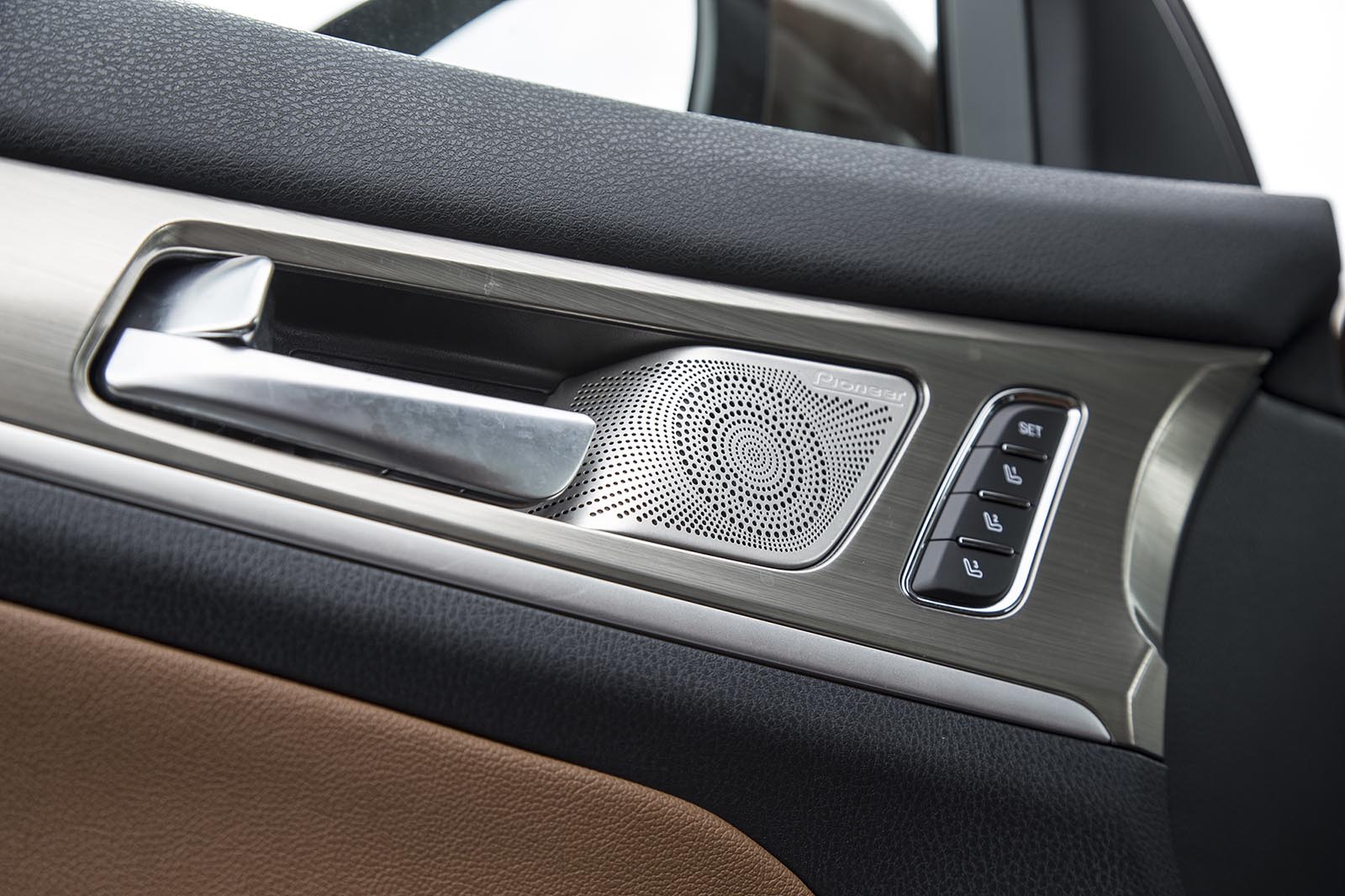
With safety so high on the agenda for Changan, its engineers are promising a deep dive to explain why a CS55 test car rolled in a 30mph lane-change manoeuvre during our visit, after the journalist driving it switched off the ESP.
Stability control is standard on the CS55 and CS95, which are also well equipped with anti-lock braking system, electronic brakeforce distribution, autonomous emergency braking, traction control, hill descent control, dual front airbags, side airbags and curtain airbags.
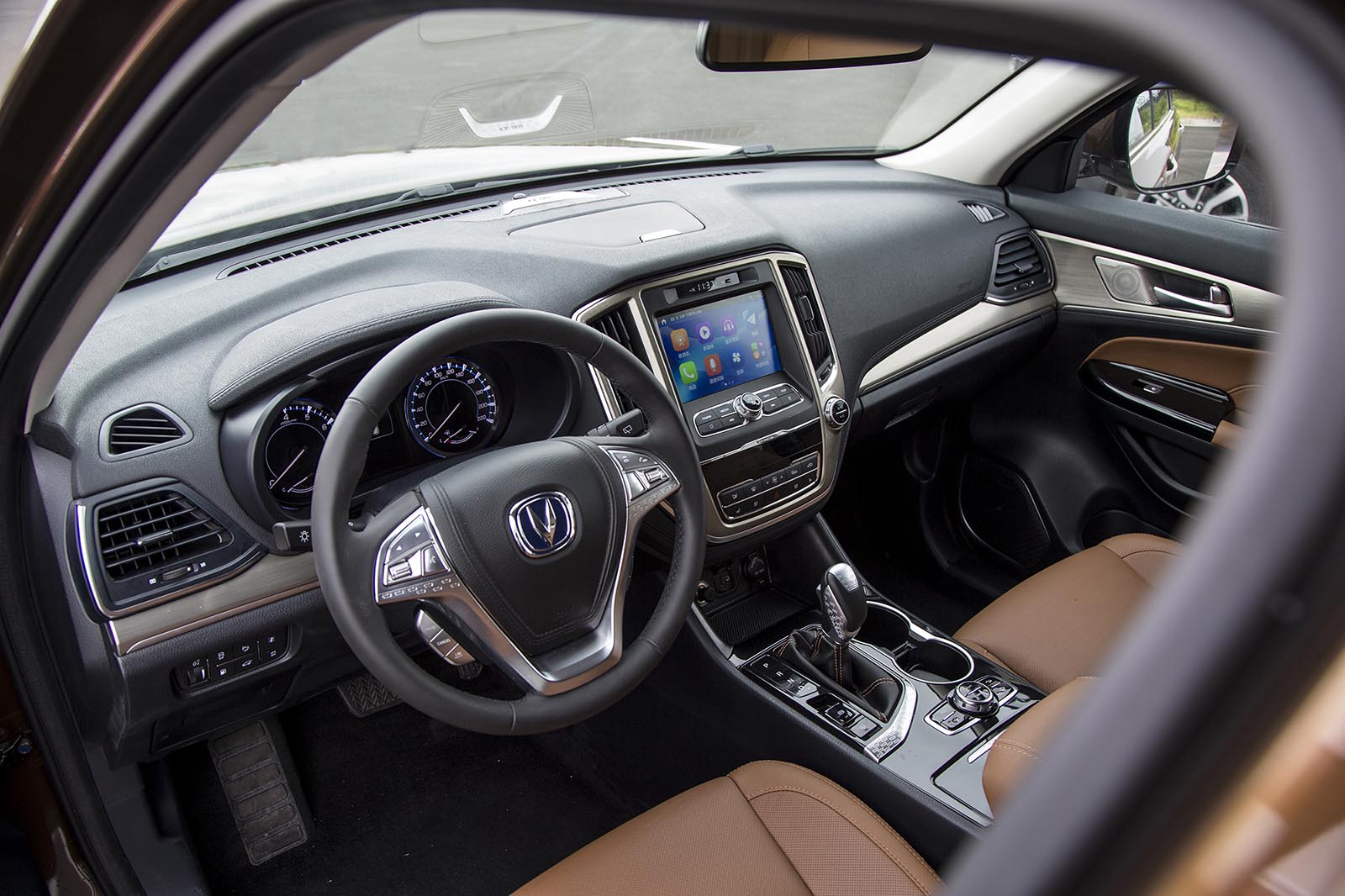
There is work to be done on powertrain refinement and transmission calibration, though. And Changan’s design studio in Italy needs to be given more freedom to find an authentic new styling theme that’s less Land Rover-inspired.
But with the resources at Changan’s disposal, progress seems highly likely and rapid.
Six more Chinese-owned brands with designs on Europe:
Borgward
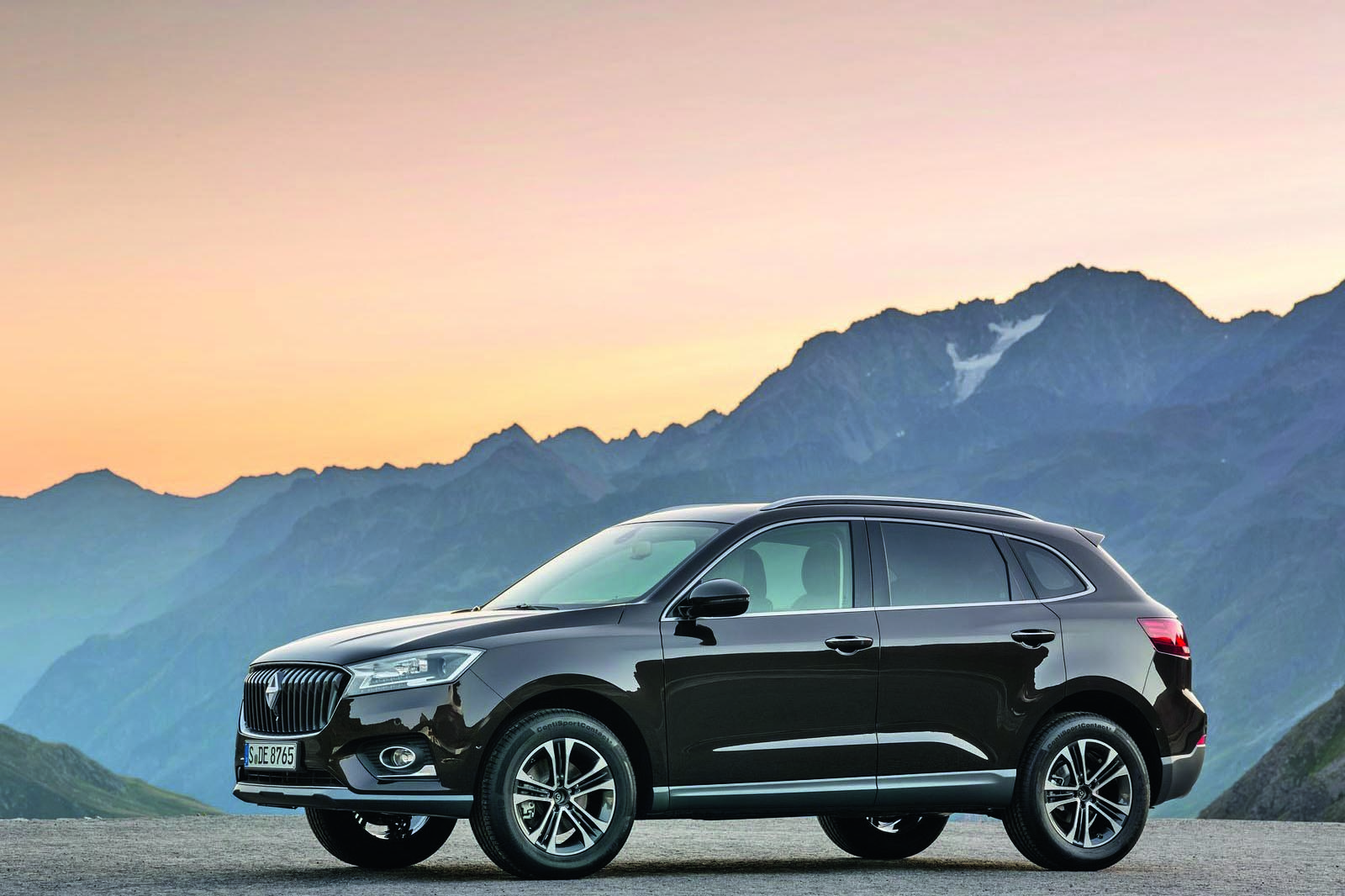
The defunct German brand is being revived by Chinese truck maker Foton for two SUVs, the mid-sized BX5 and larger BX7. They’re due to be built in a new factory in Bremen.
Chery
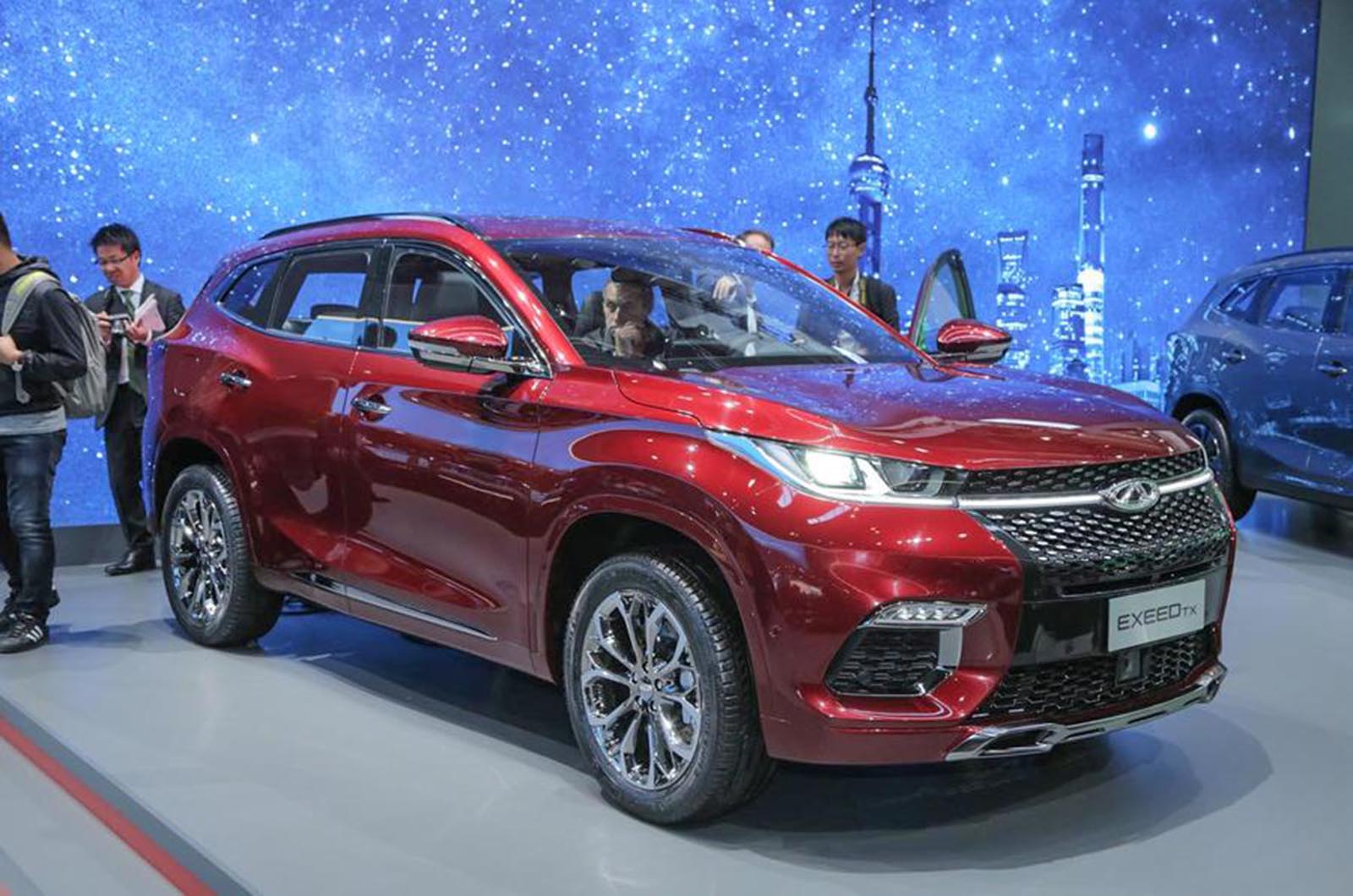
Its mid-sized crossover was revealed at the Frankfurt show to spearhead a European launch in the next three to five years. Rivals include the Nissan Qashqai and Mazda CX-5.
Geely
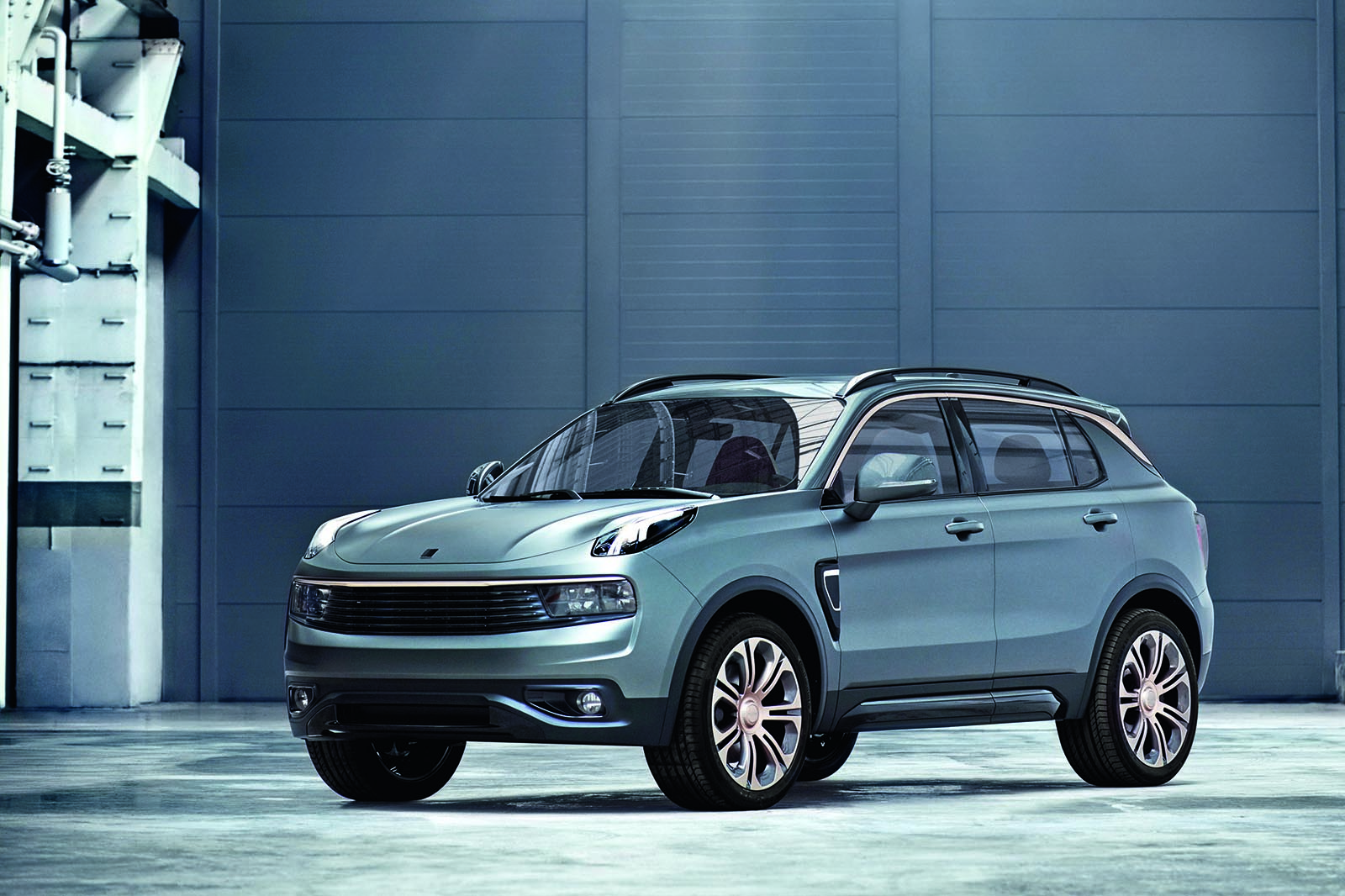
Its Lynk&Co brand will be launched in Europe in 2018-2019, starting with a mid-sized SUV. A new plug-in London taxi is also on the way.
Great Wall
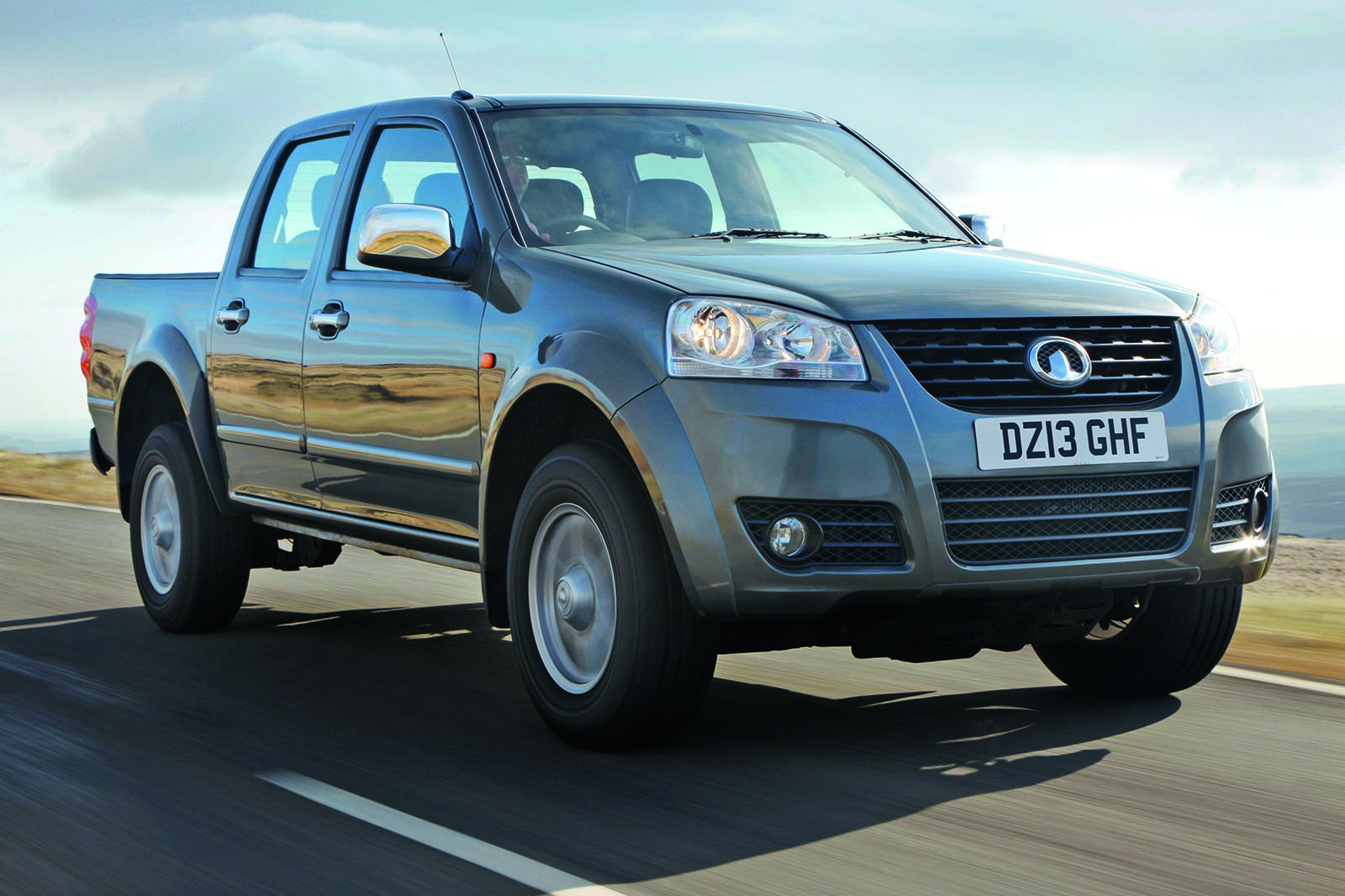
Great Wall made history this year with the first Chinese-branded model to be sold in the UK: the £17,000 Steed double-cab pick-up. Inauspiciously, it achieved two stars in our review.
MG

There are plans to extend MG’s UK range to six models in 2017-2018, including the ZS compact SUV, a replacement for the 6 and a larger, Nissan X-Trail-sized SUV.
Qoros
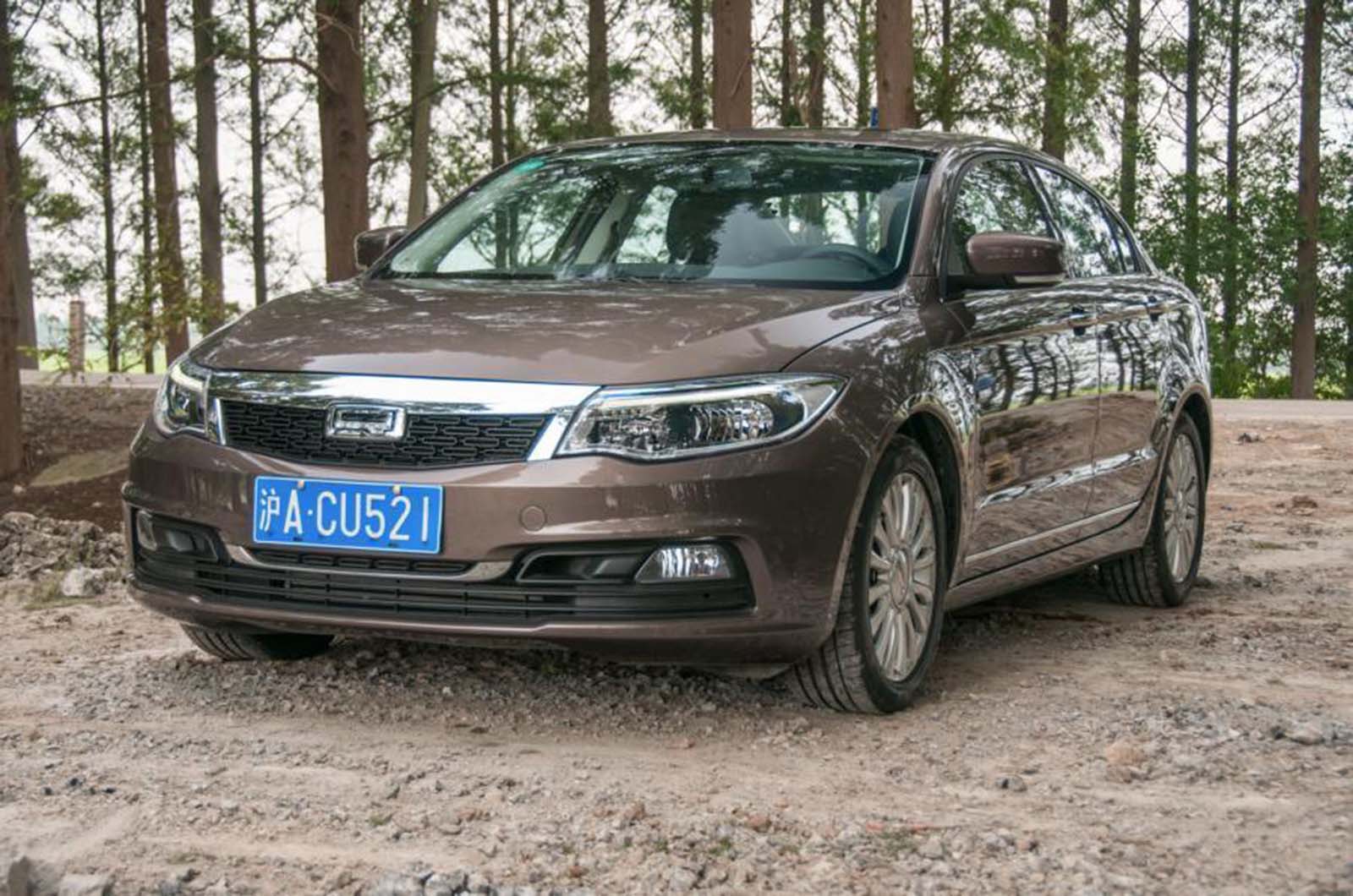
Partly owned by Chery, Qoros started production in 2013/14 and had bold plans to export to Europe. But, recently, it has scaled back those ambitions.

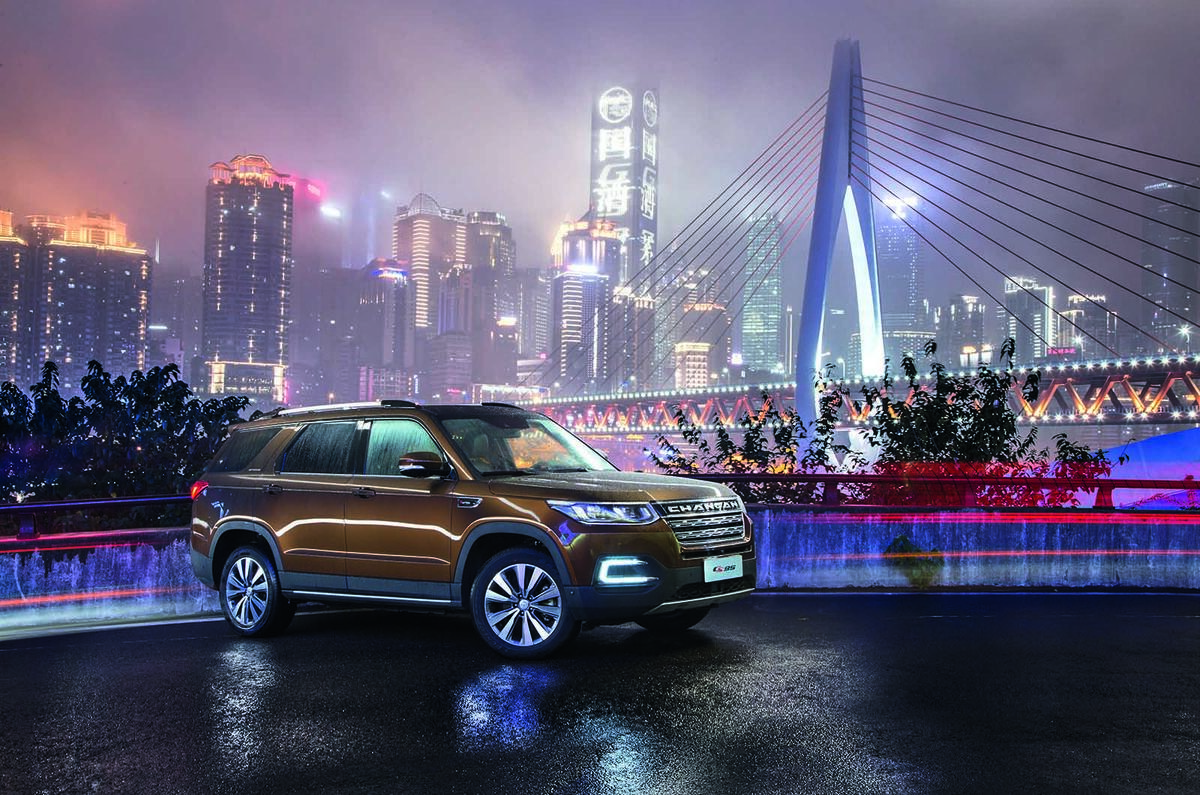
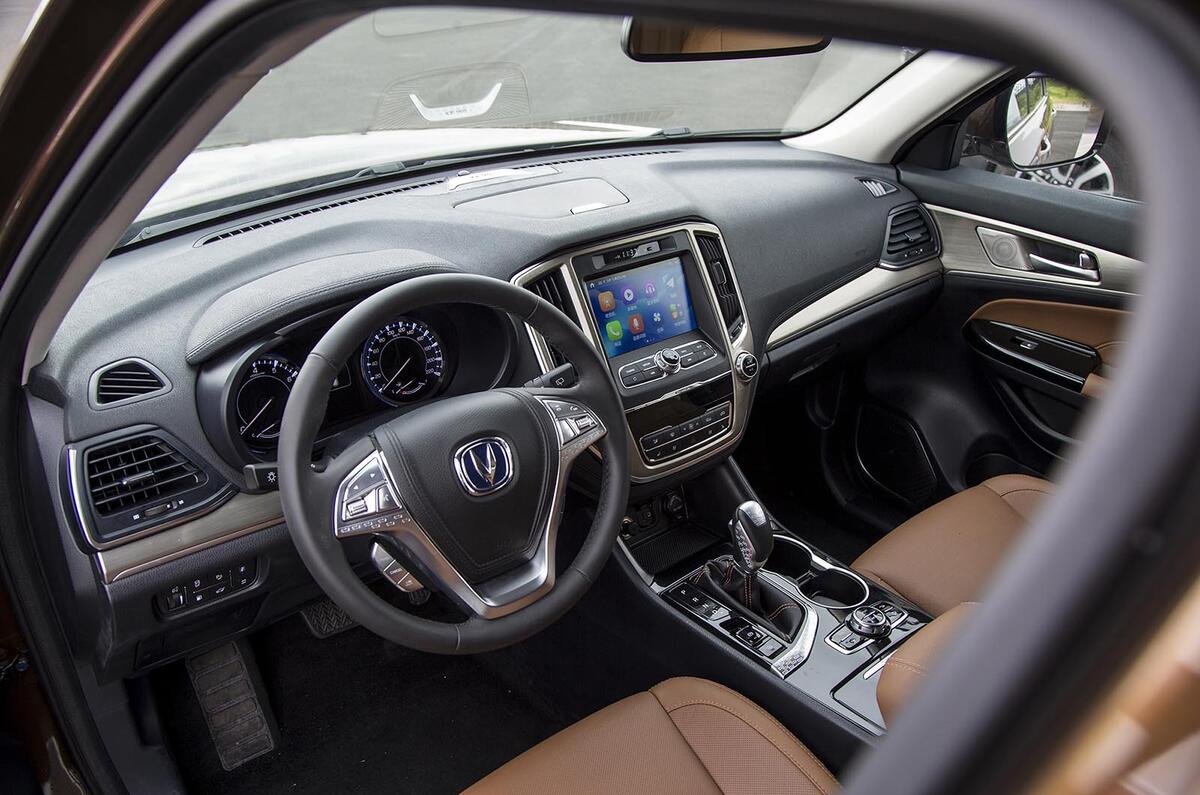
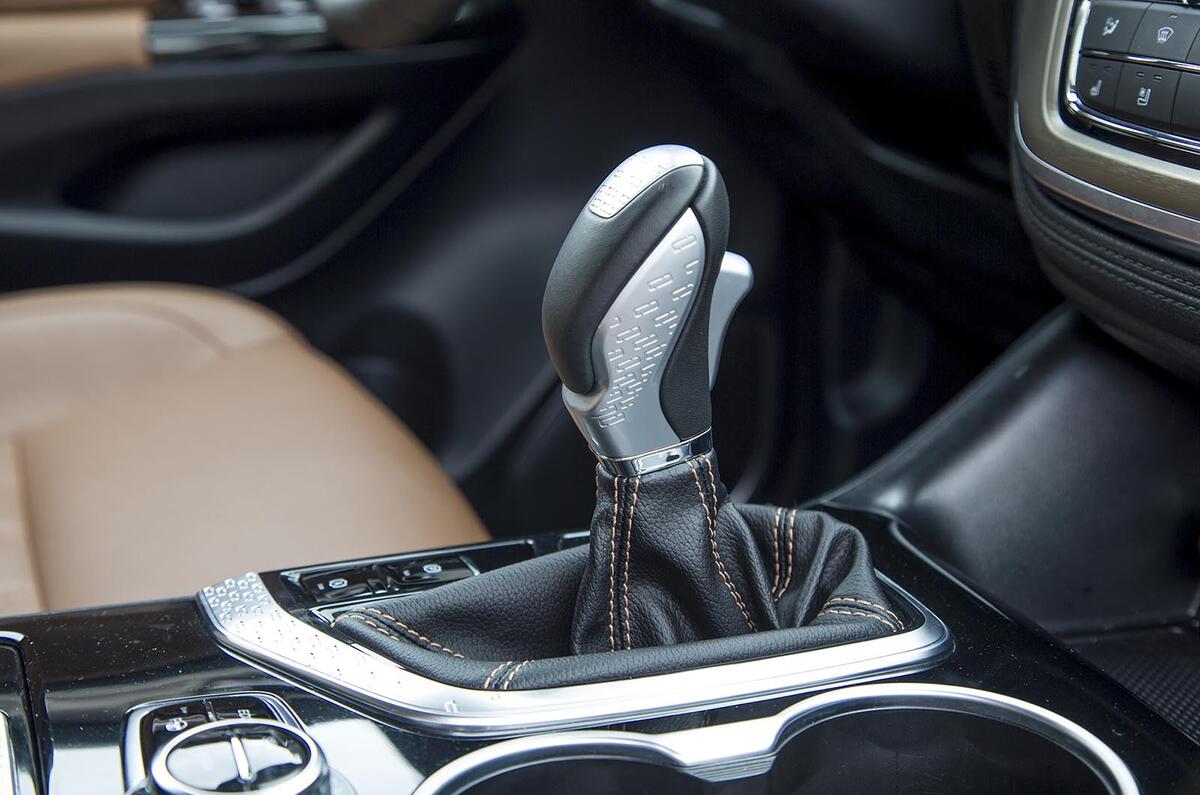
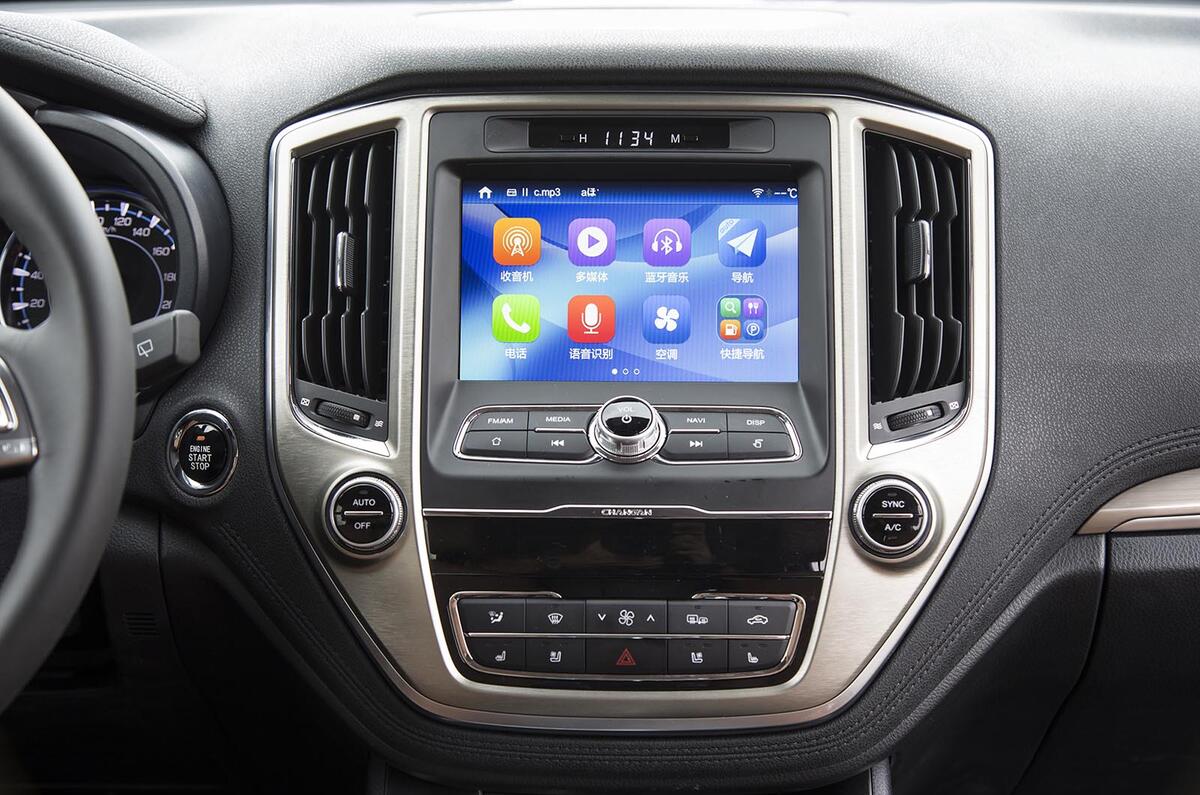
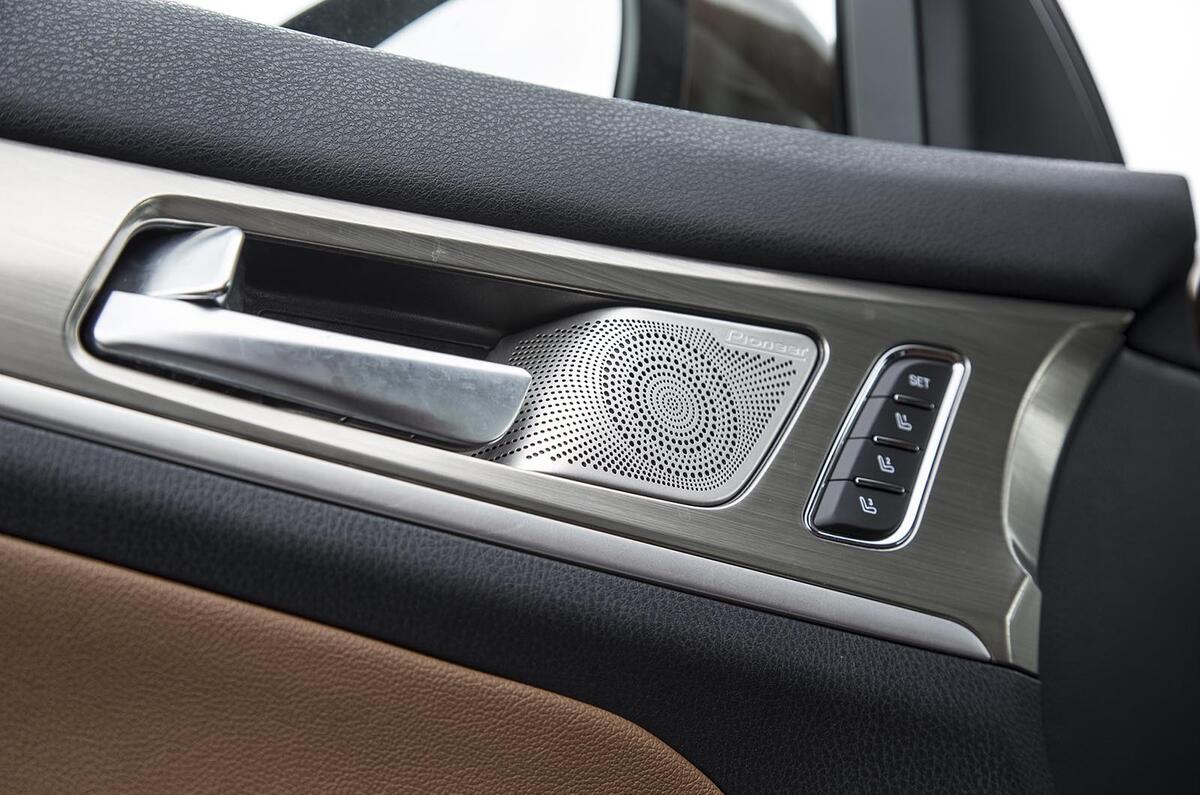
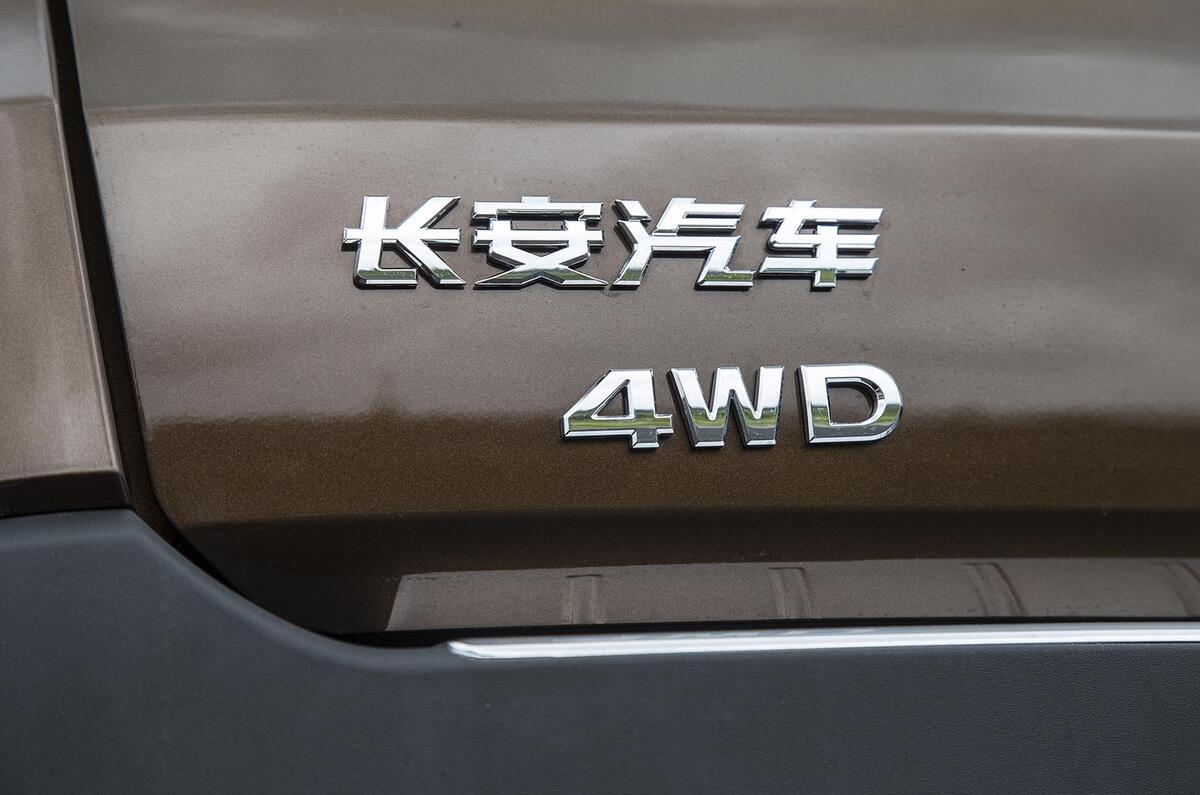
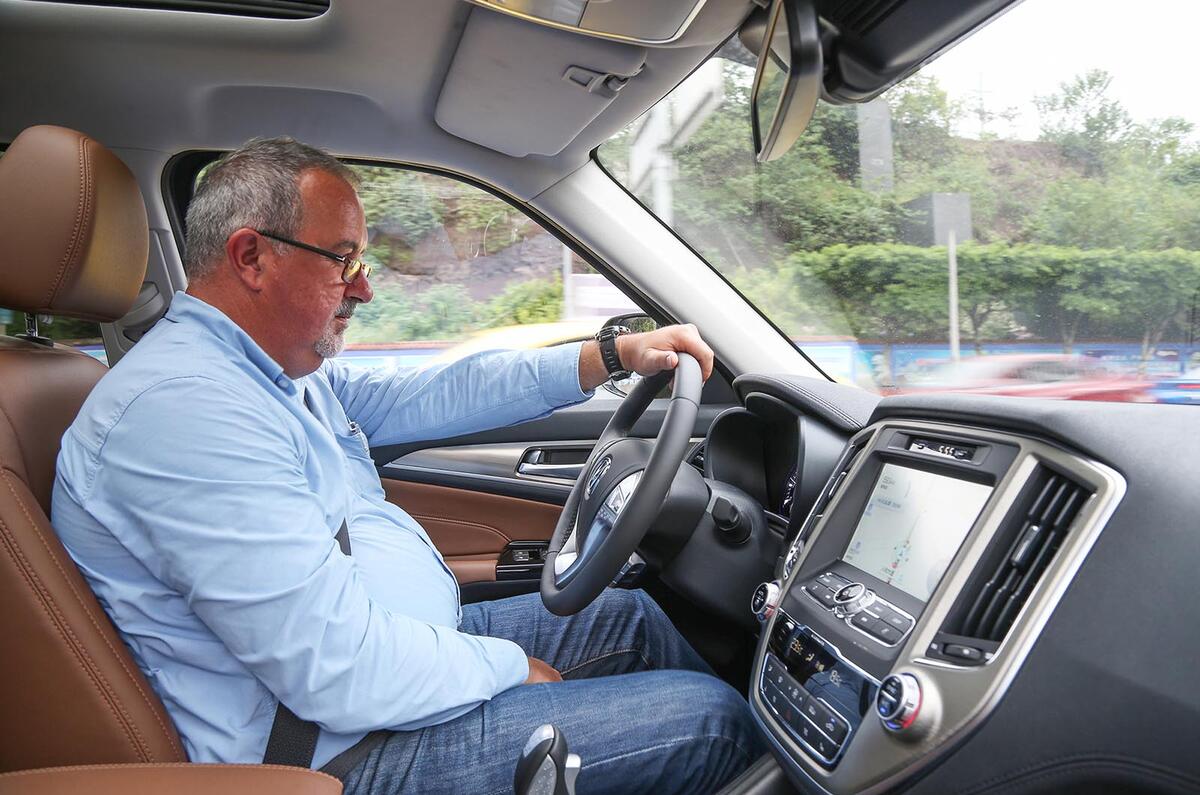
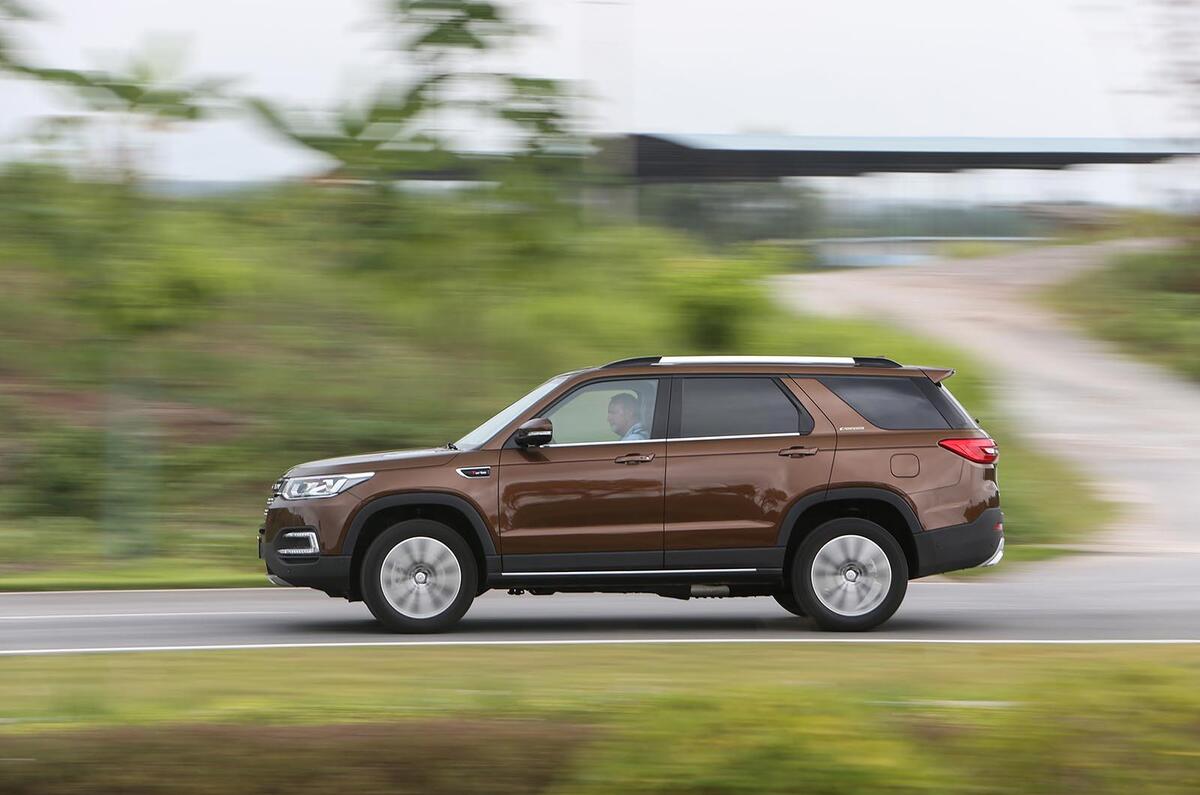
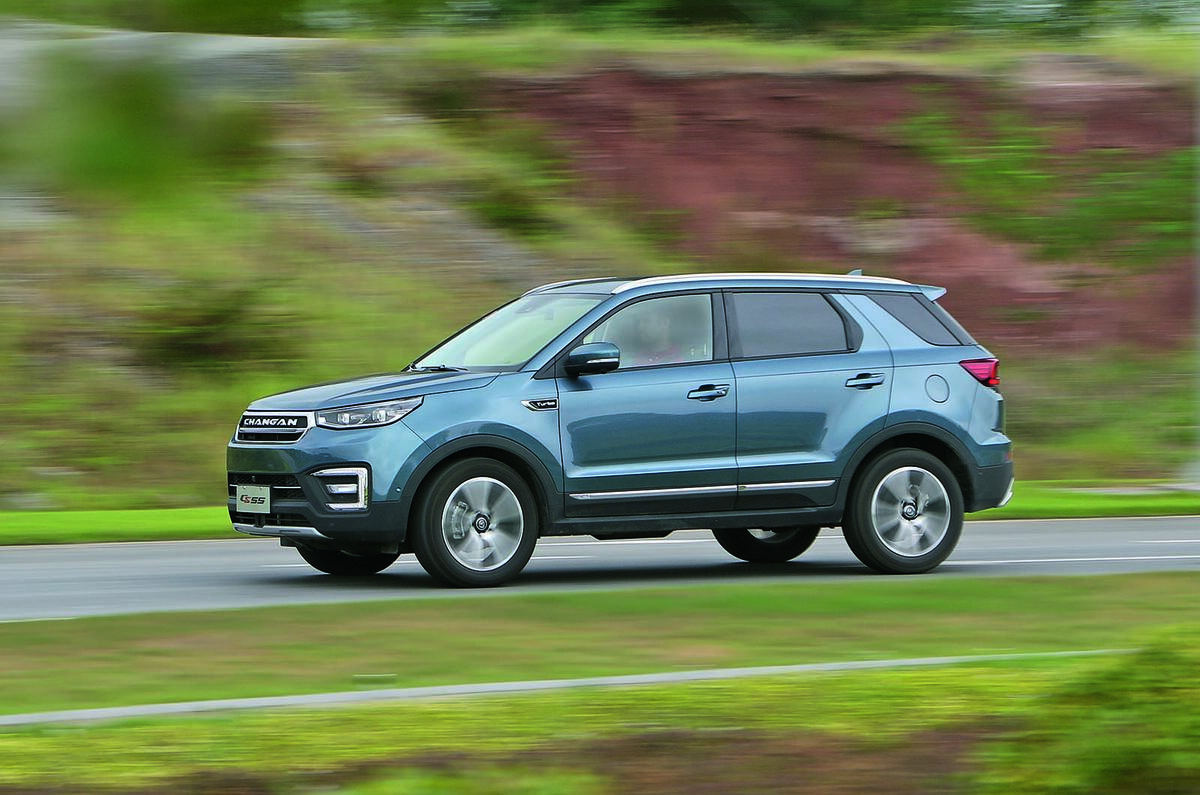
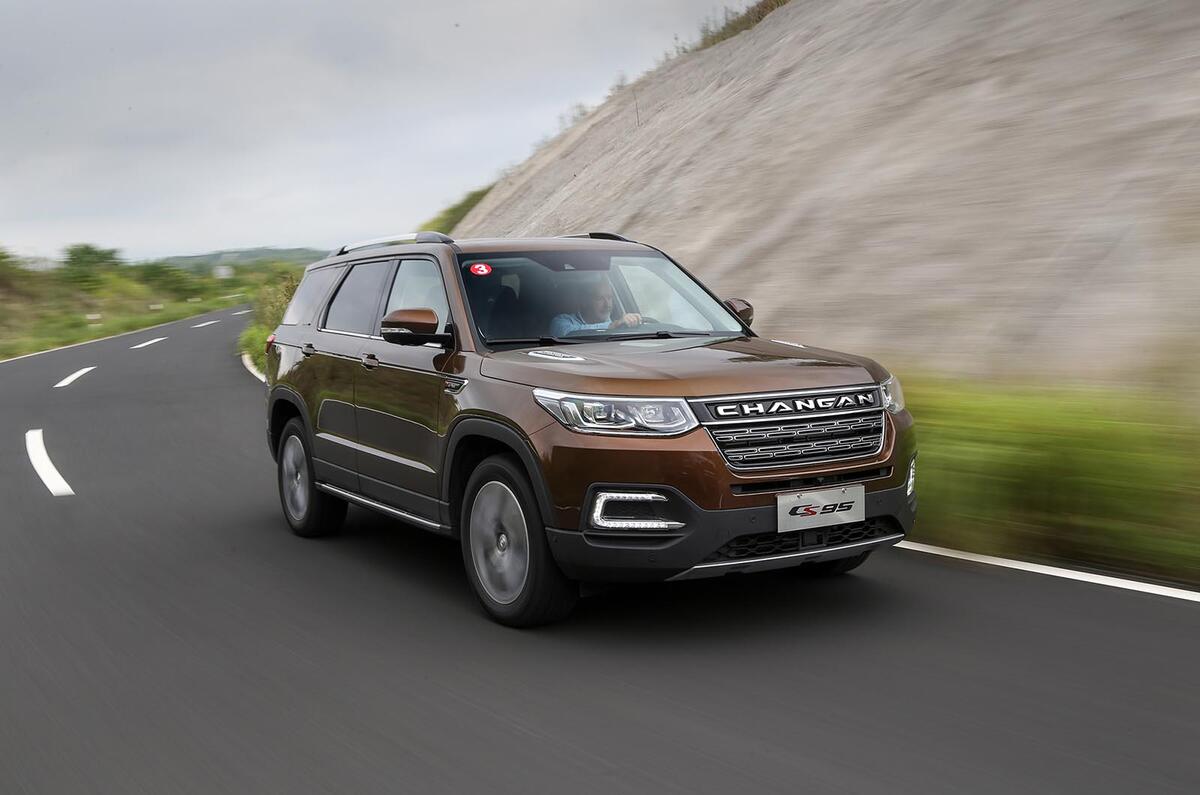
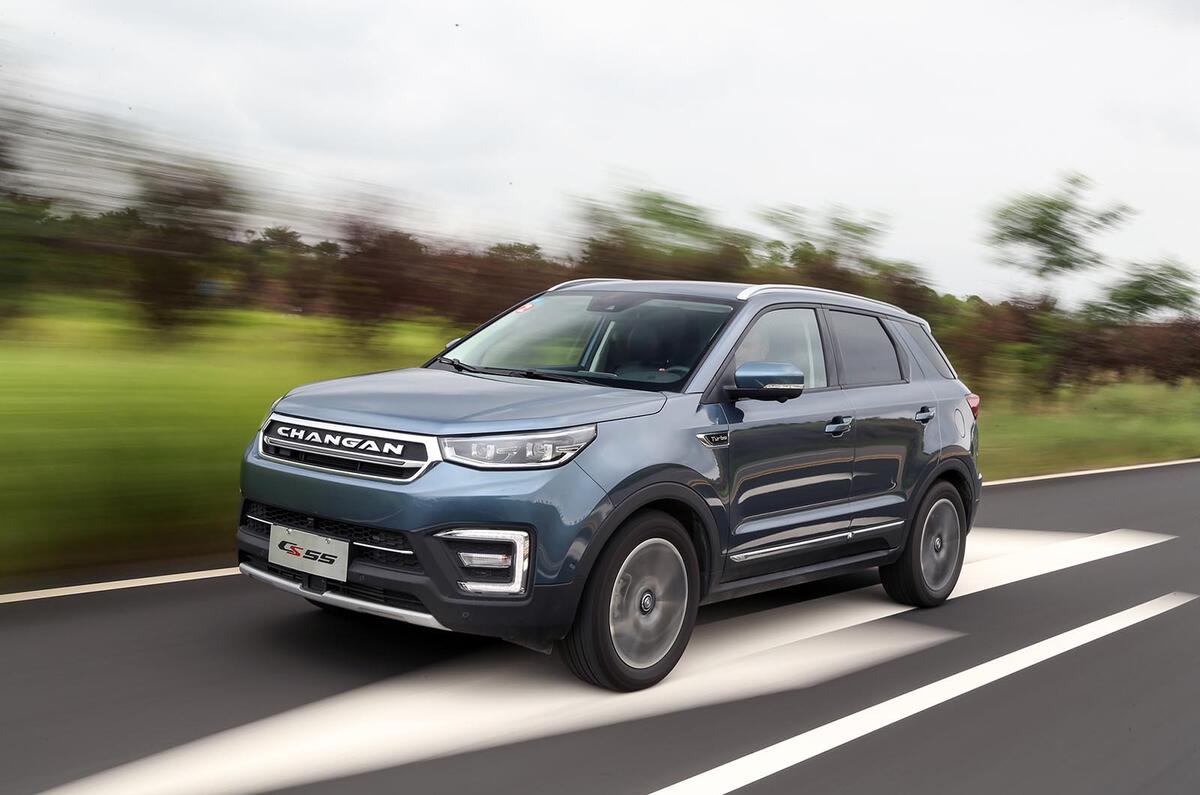
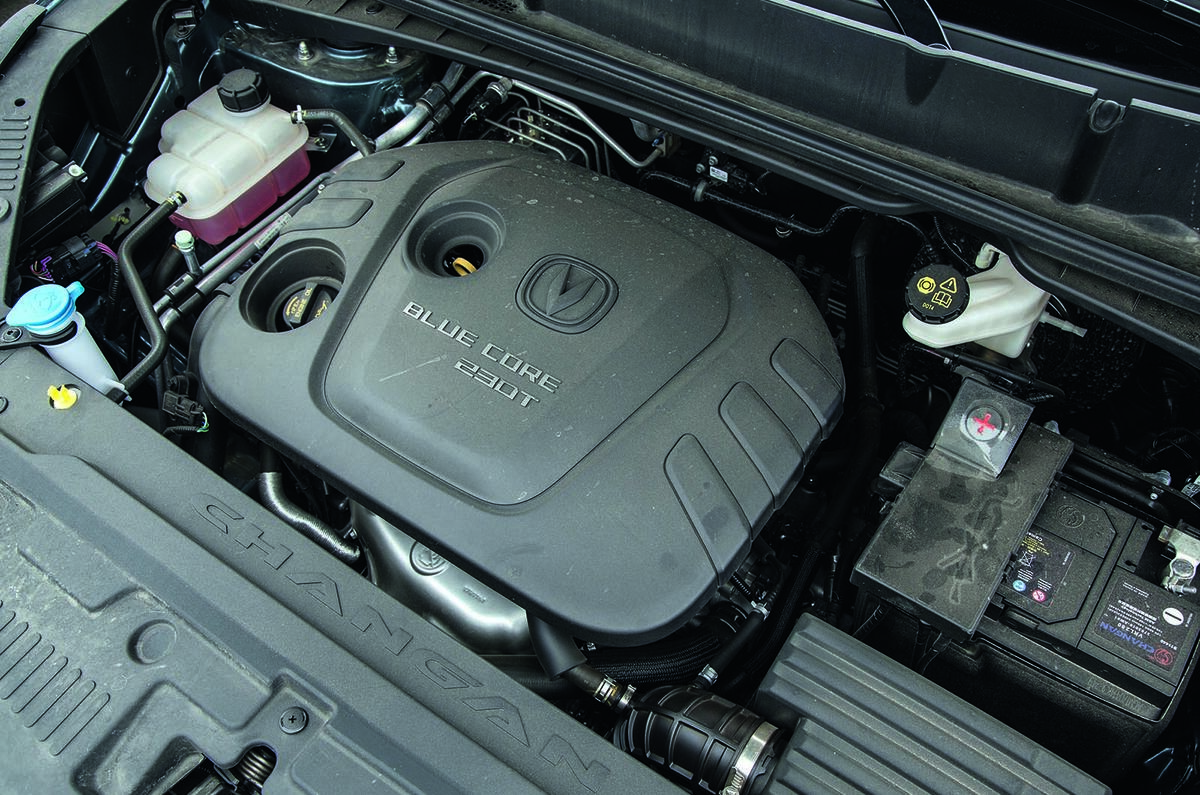
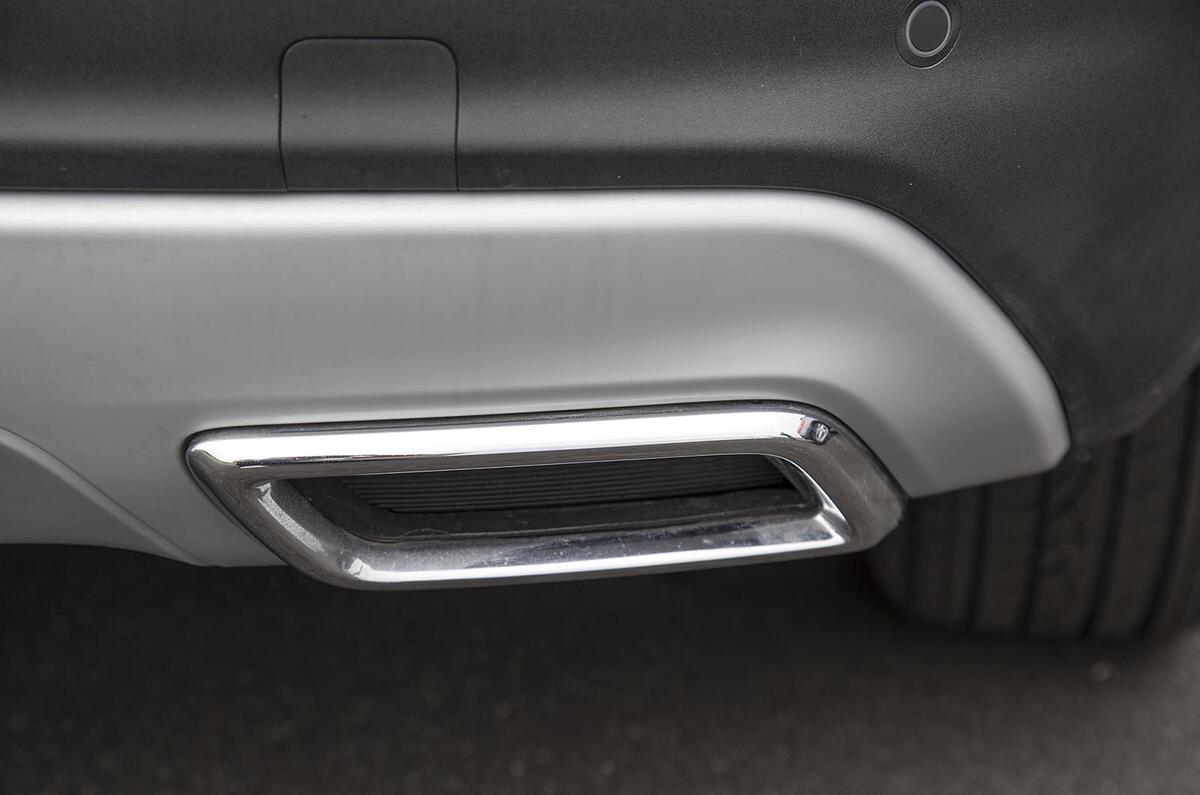
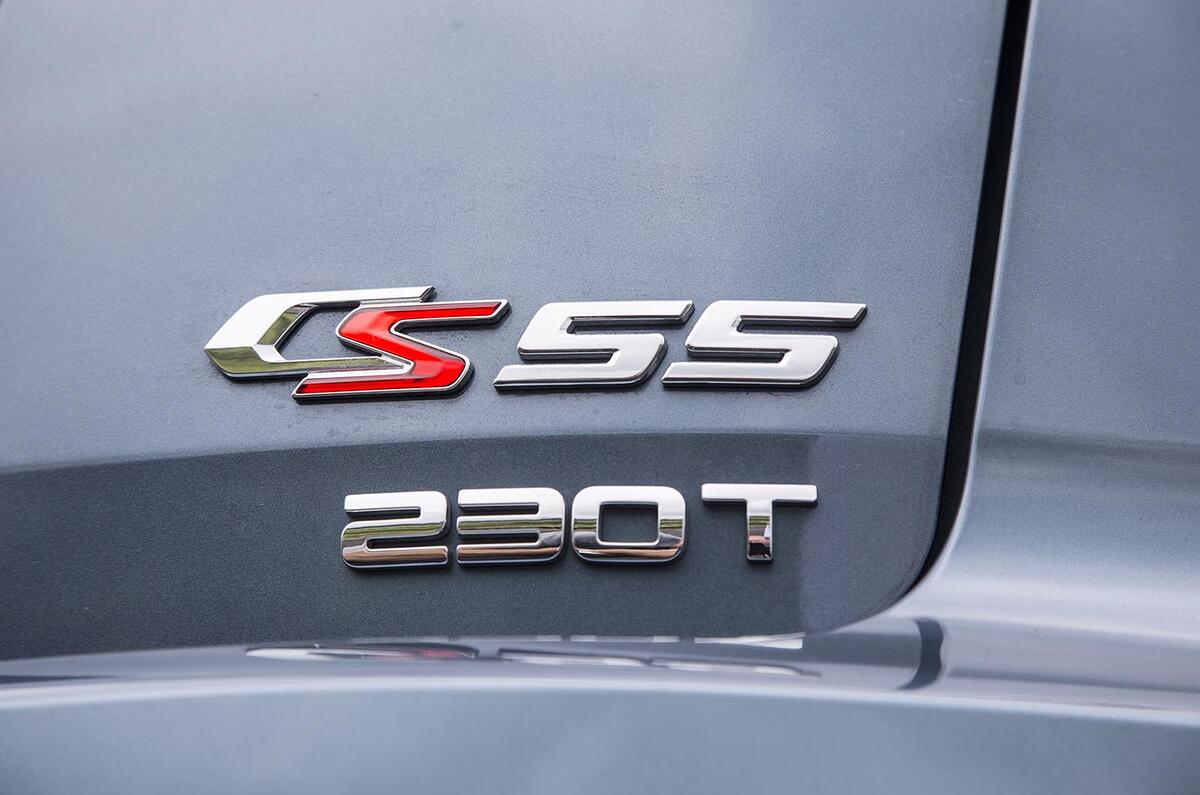
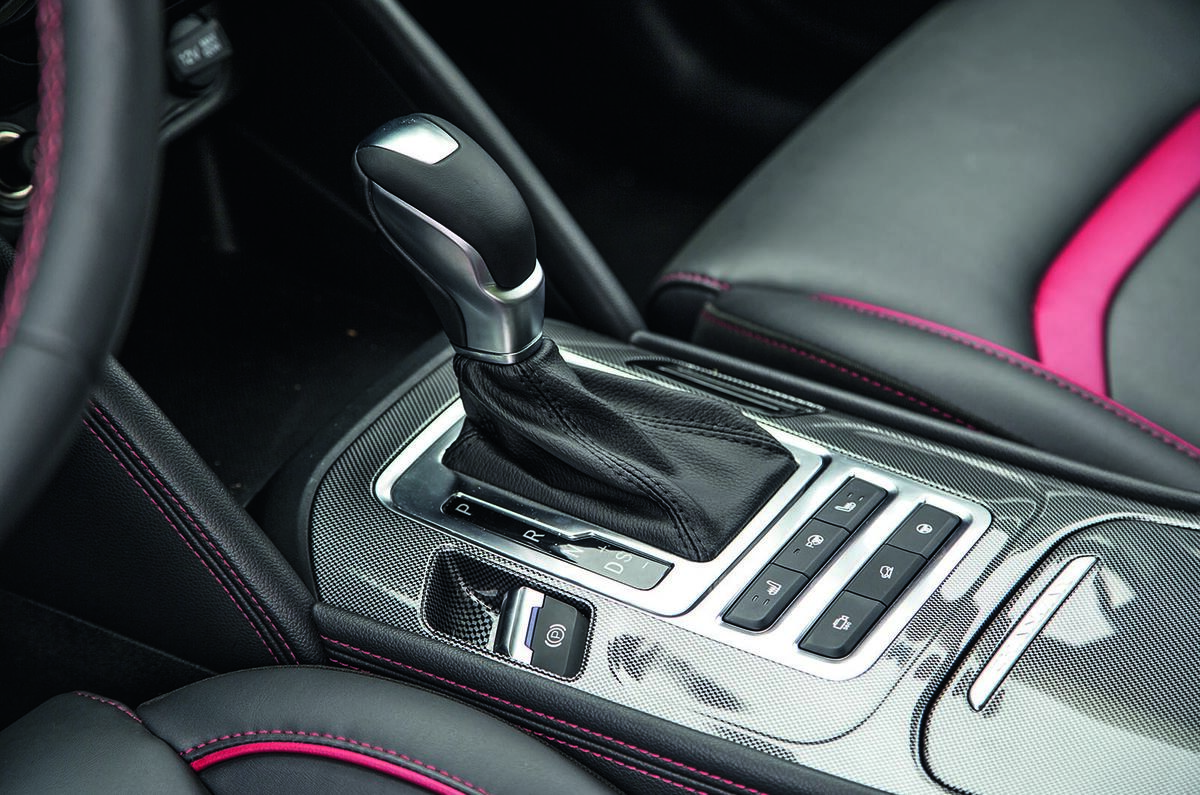
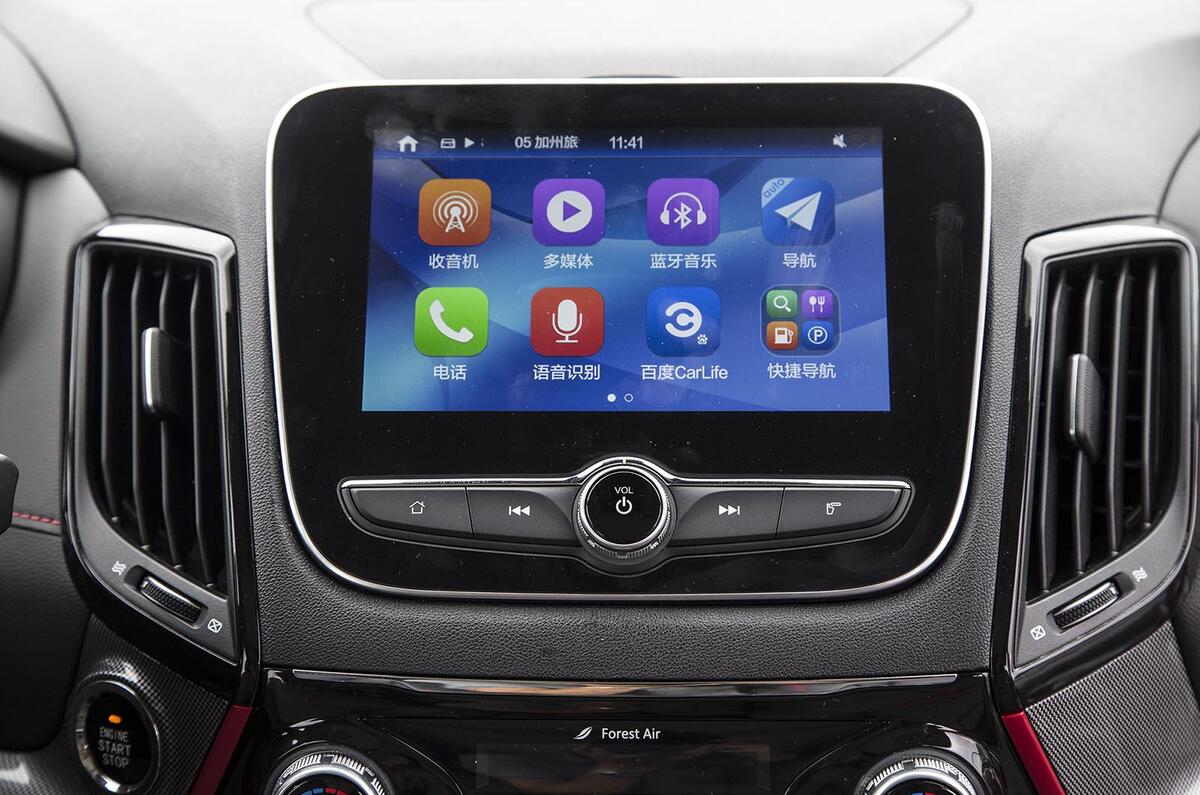
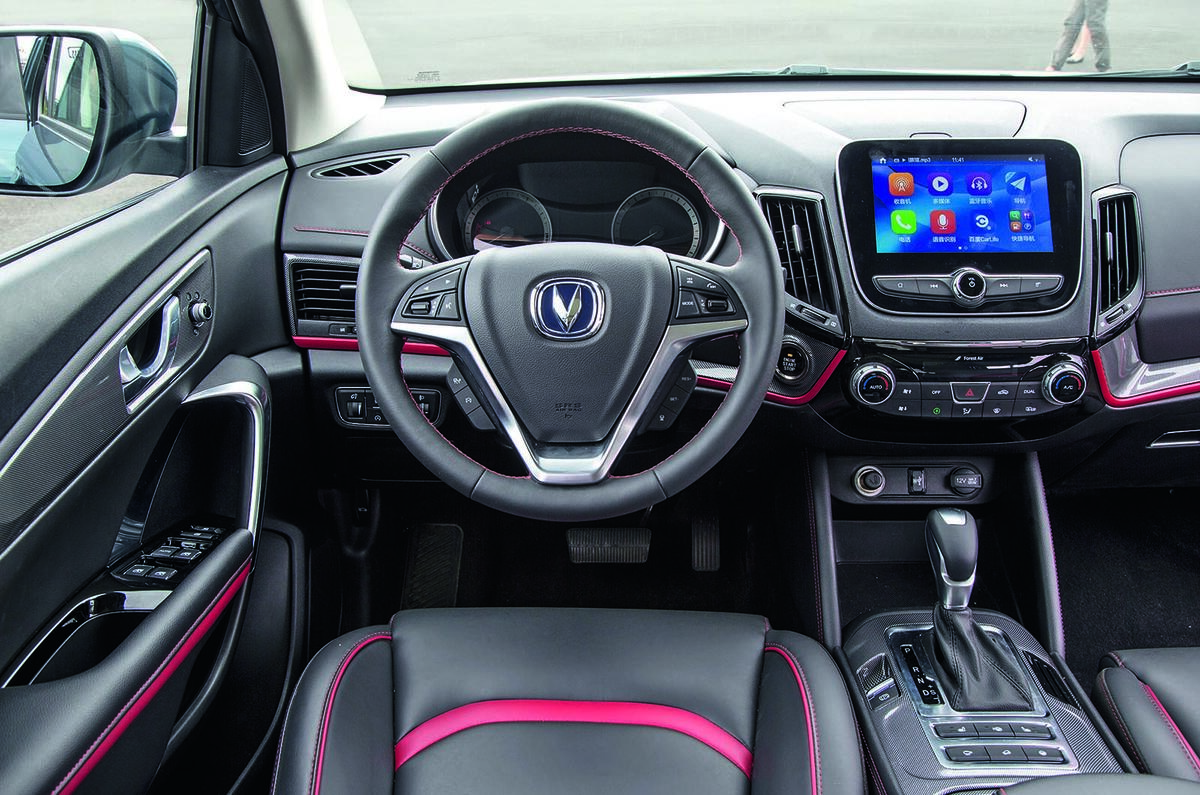
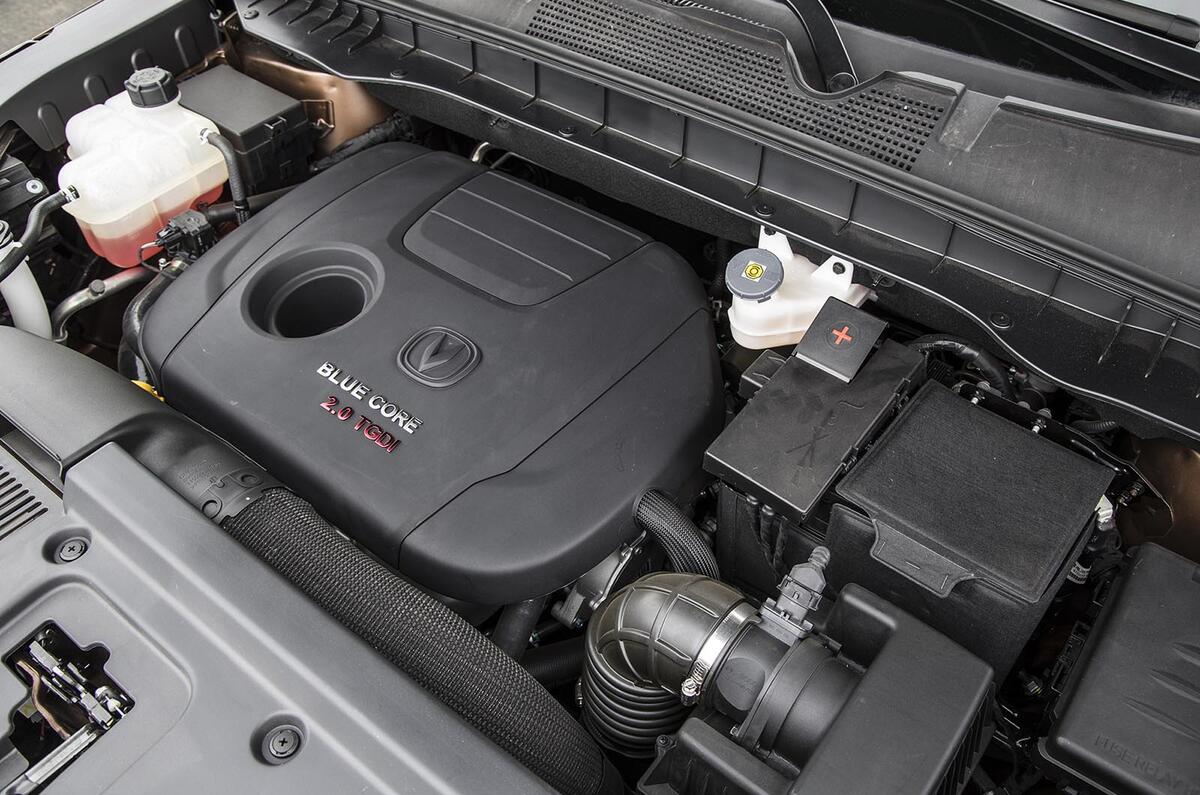
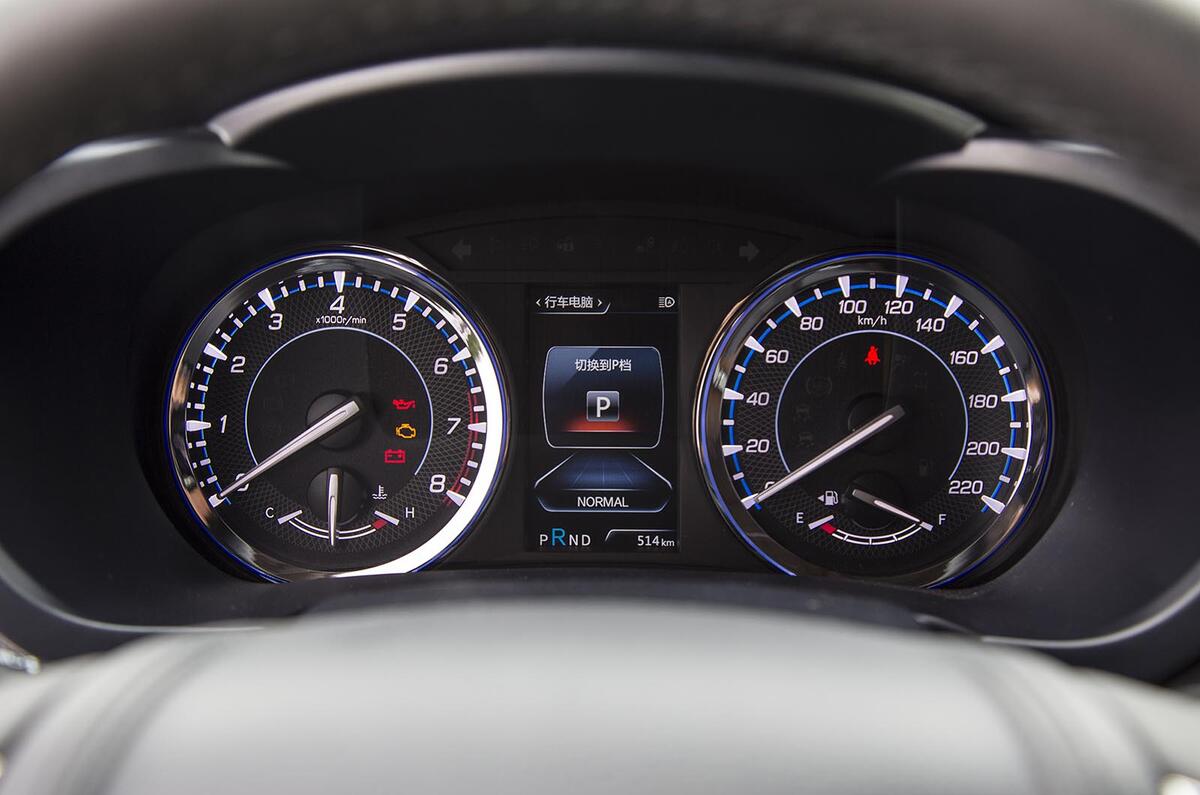
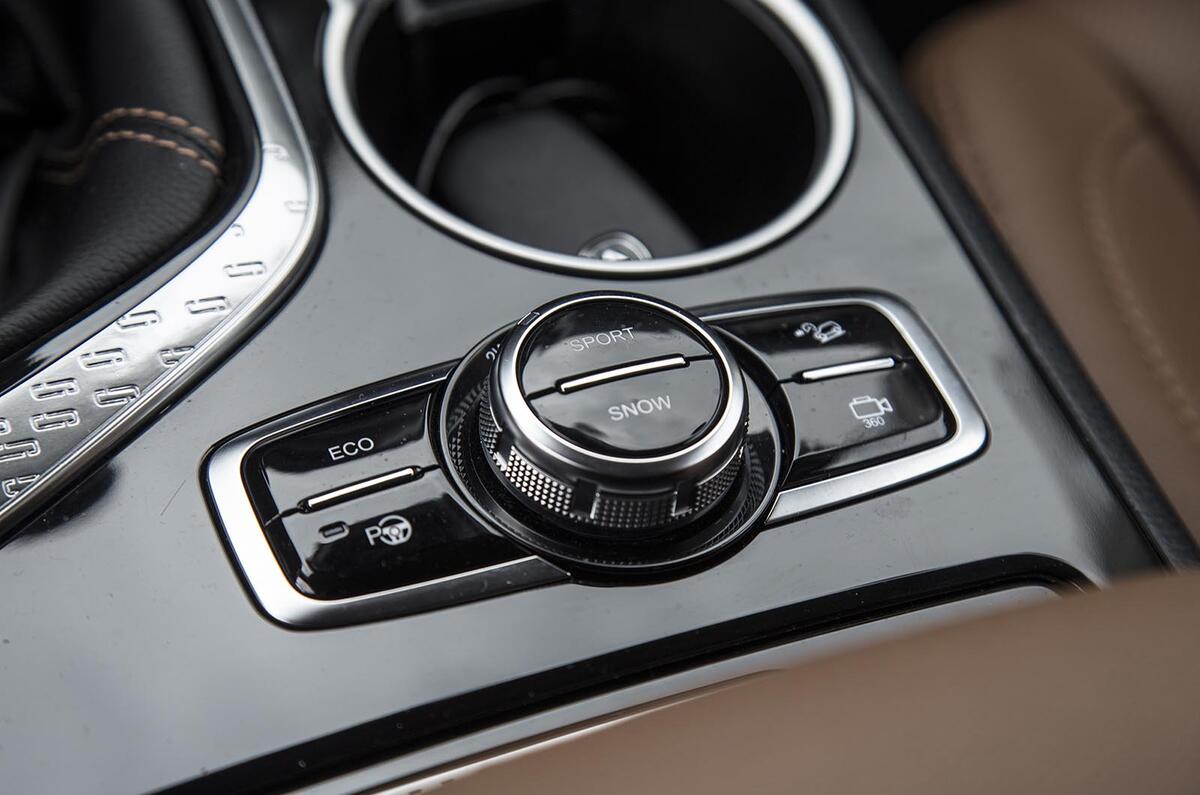
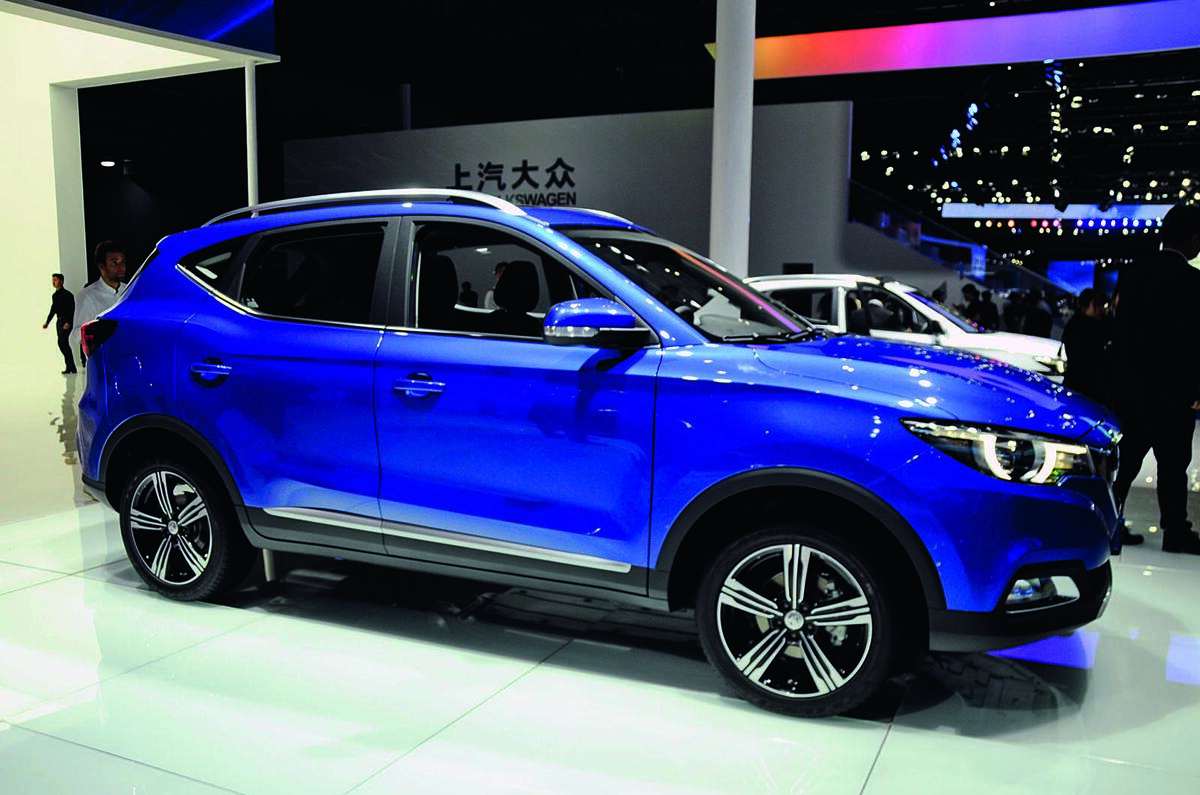
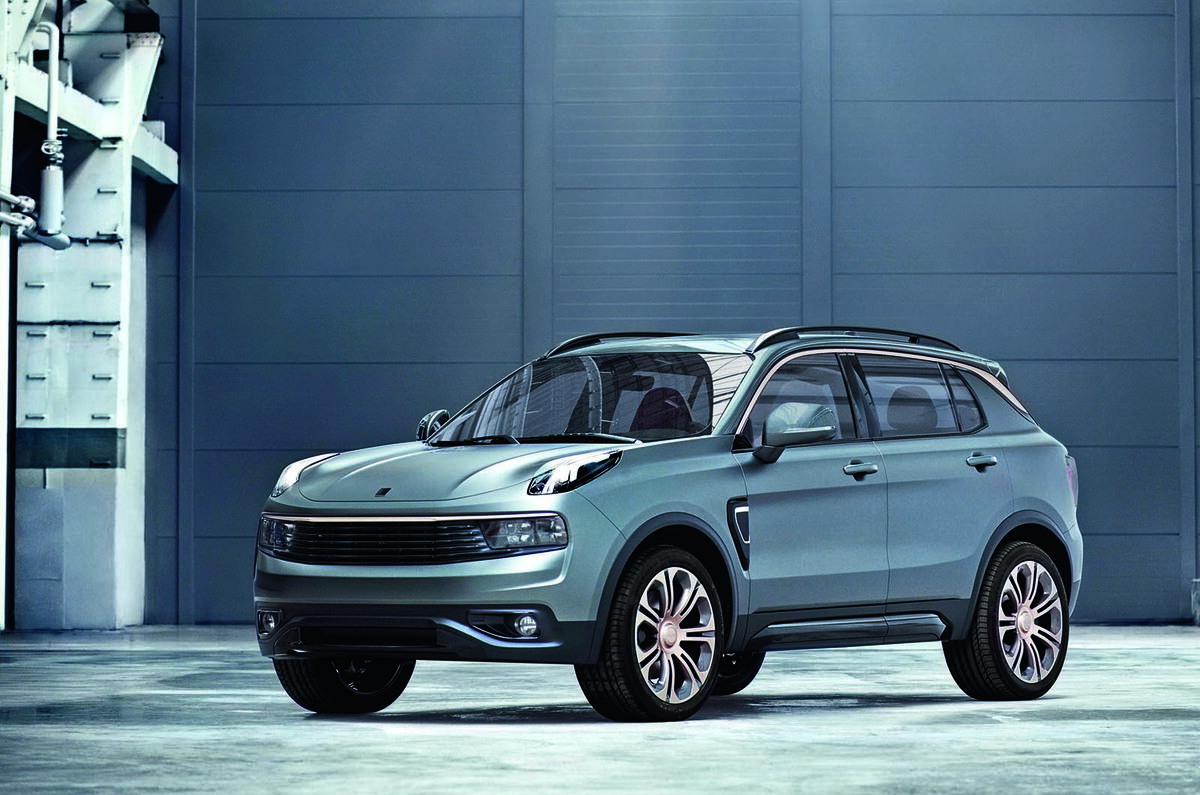
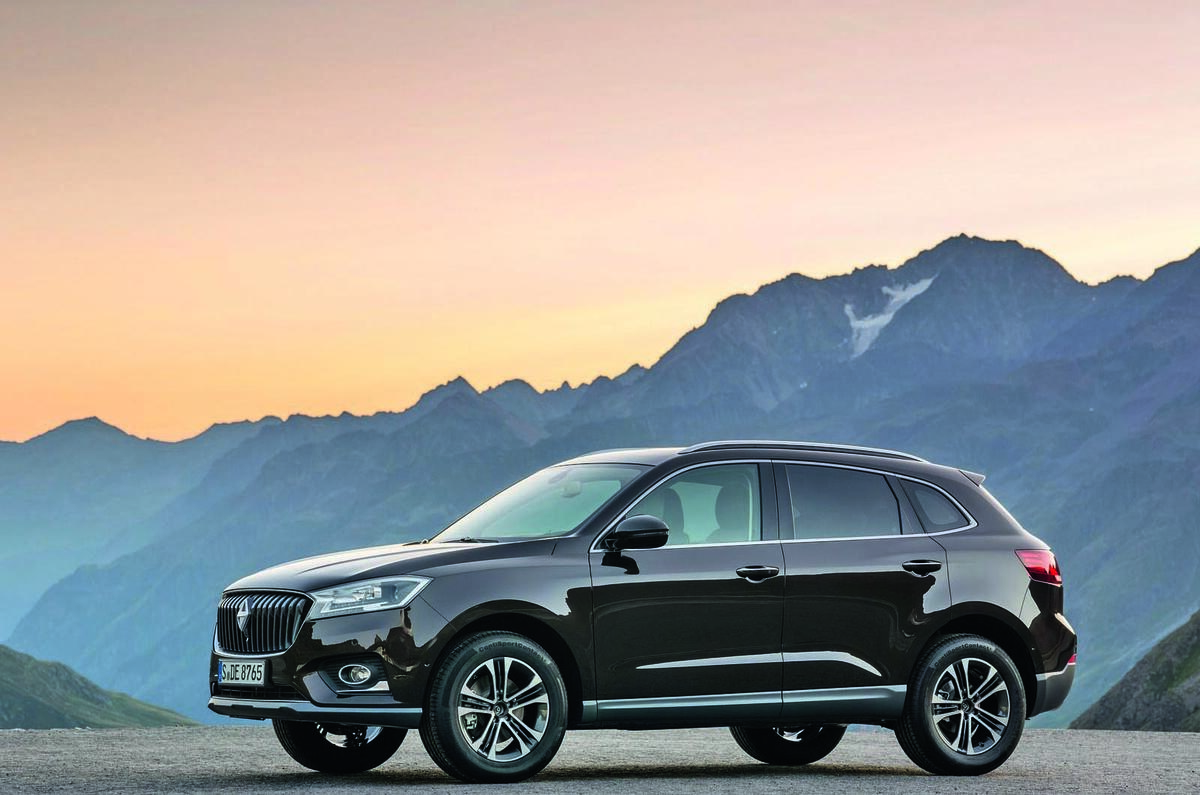
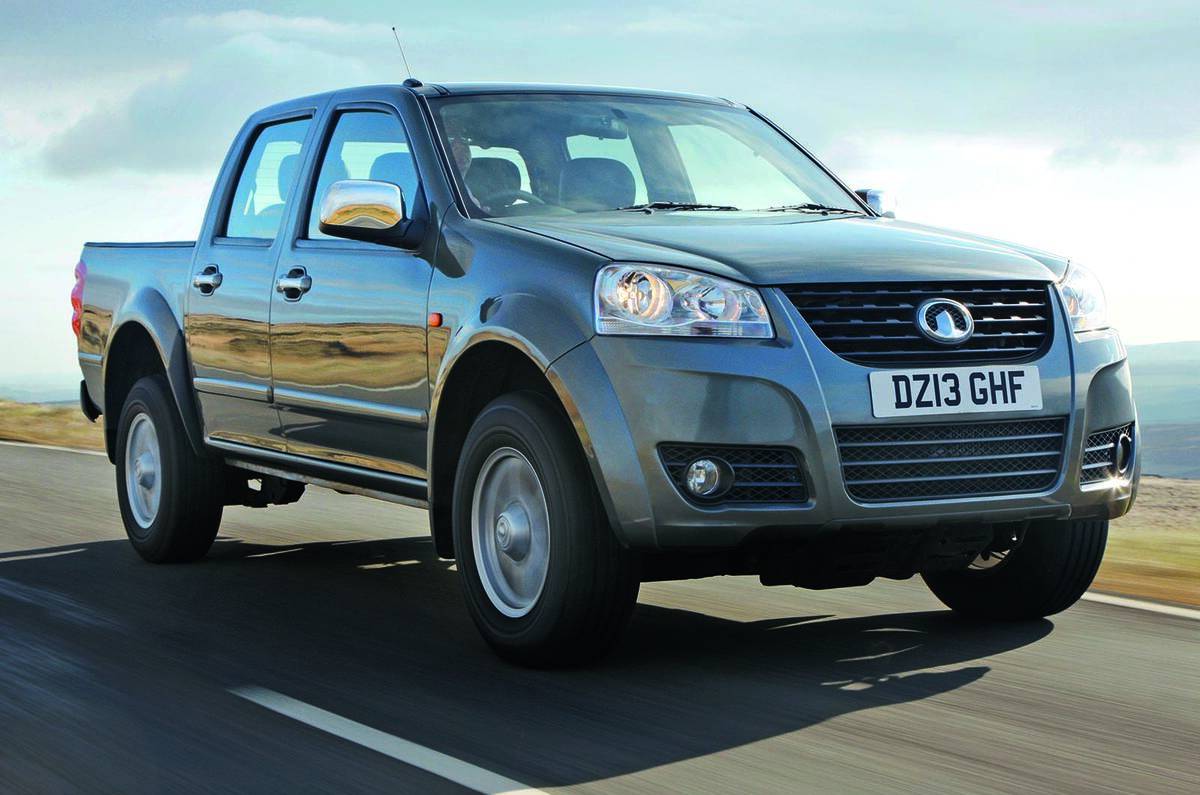
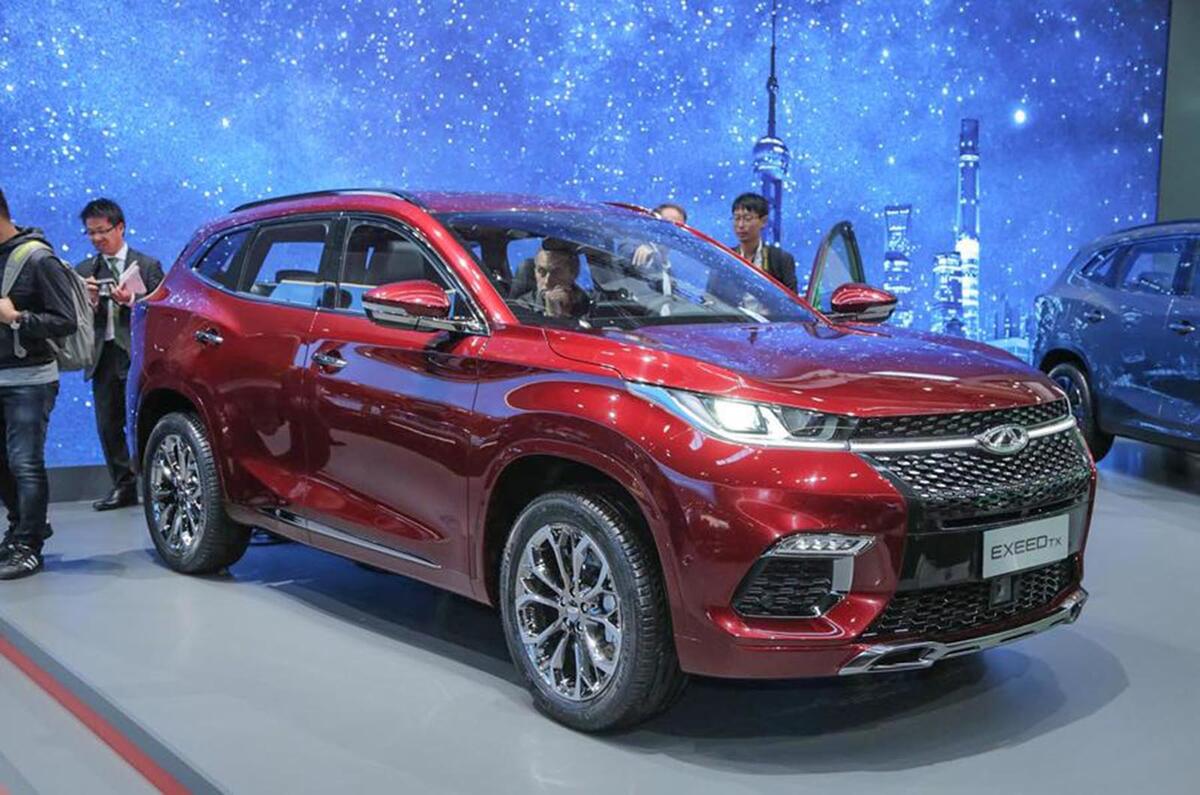
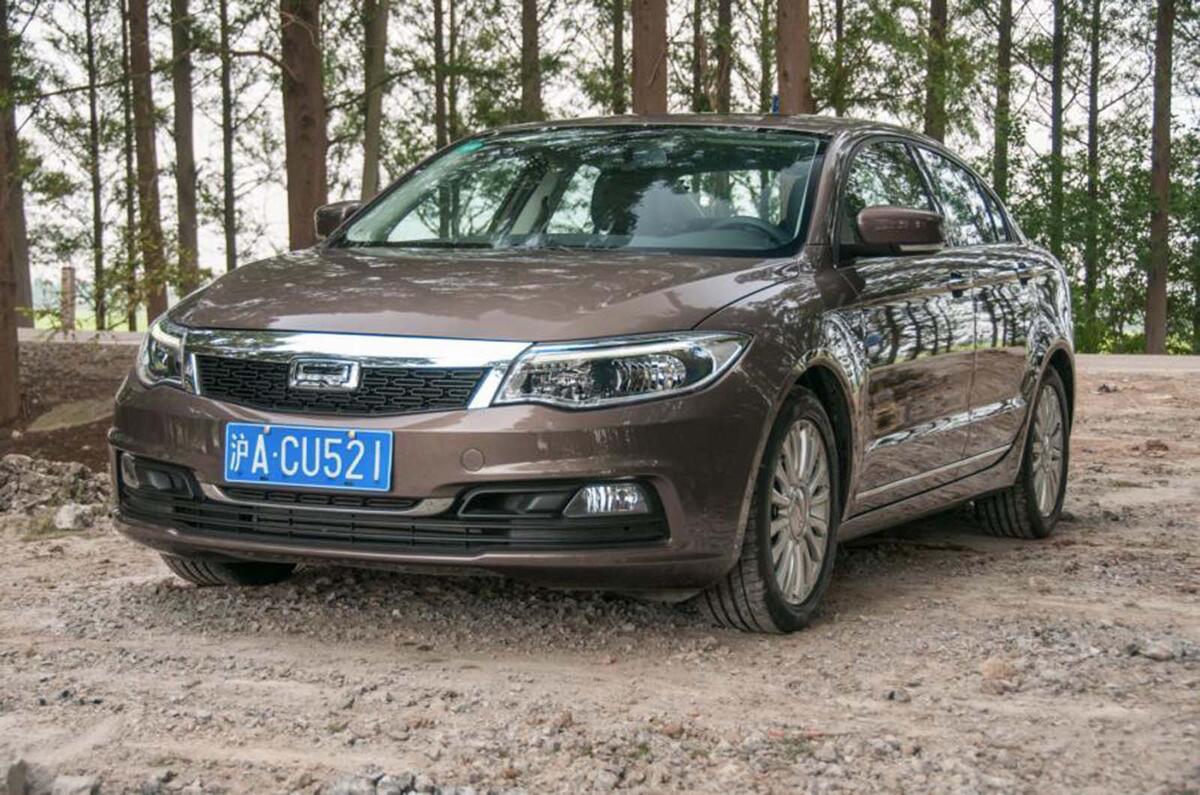

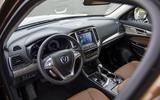
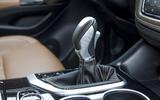
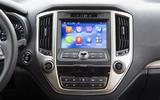
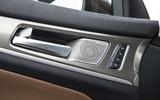
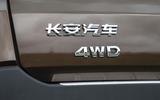
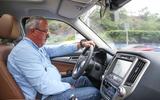
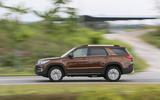
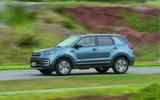
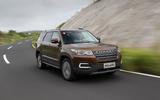
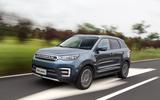
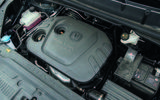
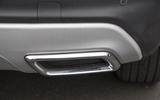
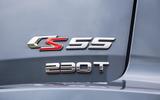
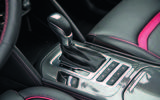
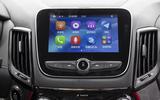
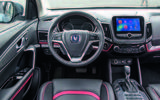
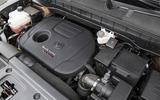
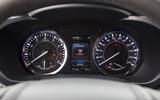
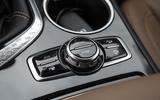
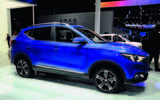
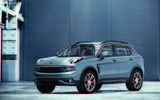

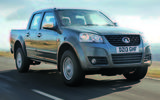
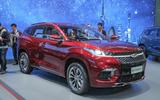
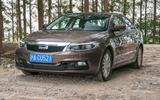


Join the debate
Add your comment
Germans
all before Japanese and the Koreans it was the Germans. Then everyone else though they made copycat designs, unreliable car and cheap electrics. Look at them now. Learning is always a process but doing it as a growing business is fantastic . And scary for major European/Western high volume manufacturers.
Let's not go on stealing technologies by buyin companies. Think how BMW got X5 and Diamler( Merc) got SUVs . Even the mighty Land rover got theirs from the old Jeep.
barriers to entry
by 2025 the chinese fuel economy legal standards will mean the CO2 emissions of chinese cars will be rough equal to the EU CO2 standards. The chinese emissions standards (HC, NOx and particulate) will be equal or stricter than EU ones by 2024 ~ 2026 (legislation is not fixed yet). The chinese are already producing E-NCAP 4*~5*. The quality chinese cars is not yet equal to that of VW.Ford, GM in the chinese market but the gap has halved in the past 5 years.
Combine the above facts with the history of Japanese and Korean OEM's coming to the EU & UK market in the past and you have to consider it a realistic possibility that by the mid -2020's we will see the chinese seriously entering the market with "competitive, value" products. And it will happen faster than it did in the past just ike everything is moving faster these days "thanks" to globalisation, internet, social media........
From what i can see, people
From what i can see, people buy cars either on price or image/badge. Very few people buy a car because they enjoy driving. At present Chinese cars might only appeal to those who buy on price, but thats still a big market in Europe. I would of thought a more limiting issue might be selling them in europe at a profit. Our CO2 obsession needs specialist engineering for Europe, and without volume that cant really be justified. If the cars arent great at passing whatever test the Europeans demand, the cars just wont sell. The chinese might just focus on markets that are more in line with their own.